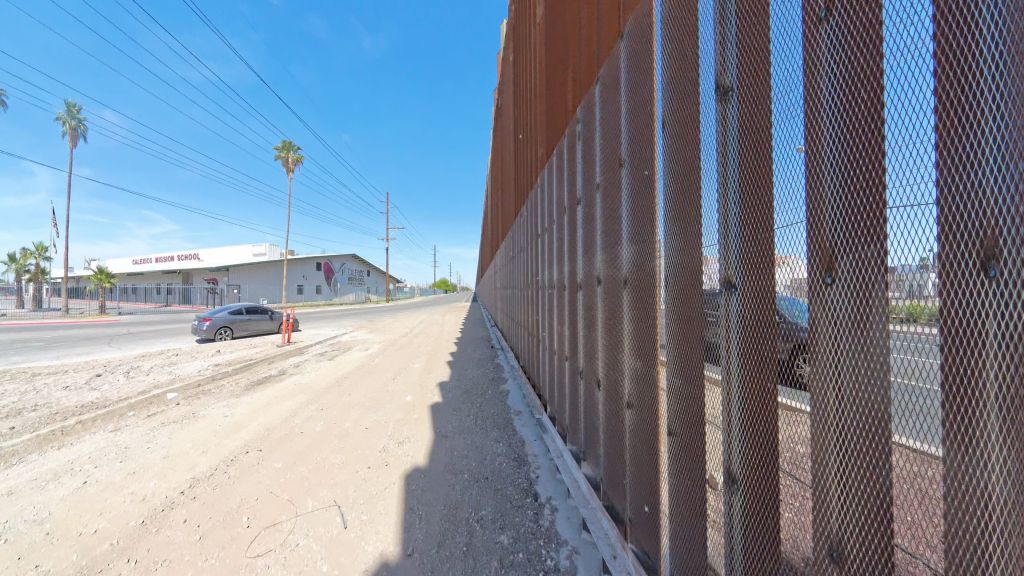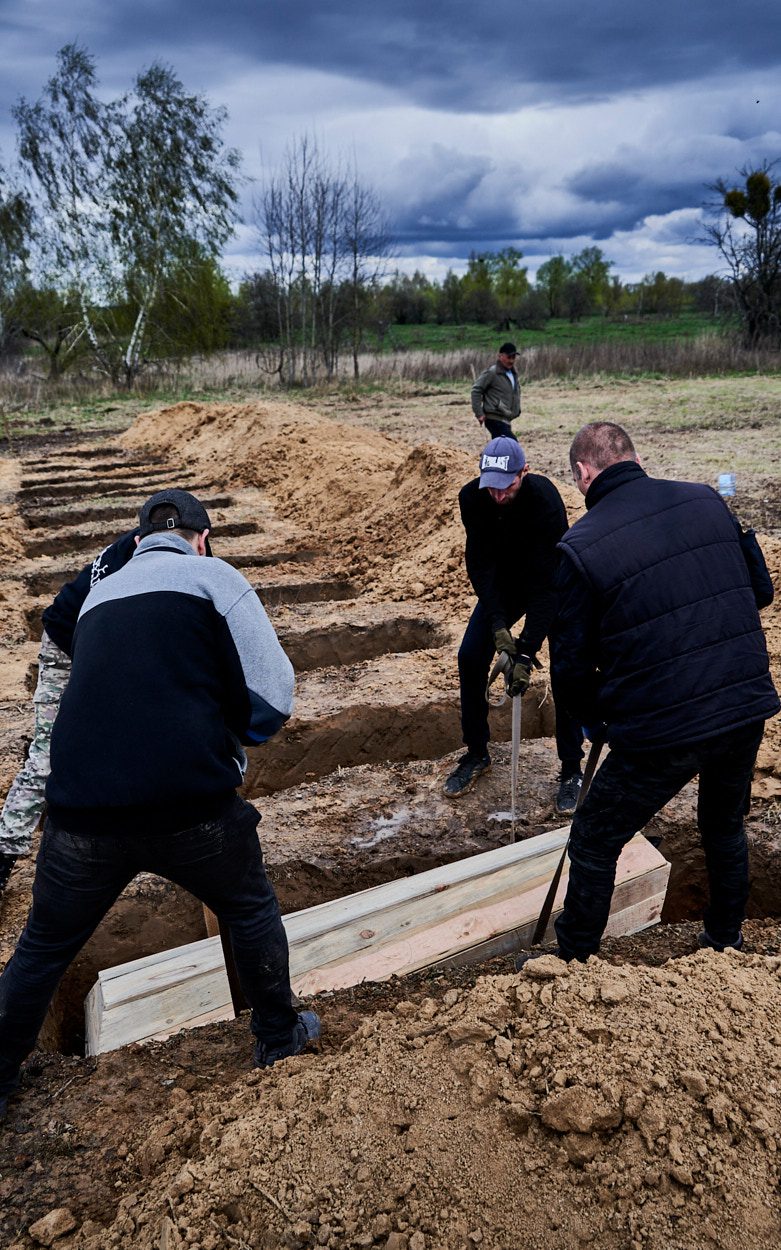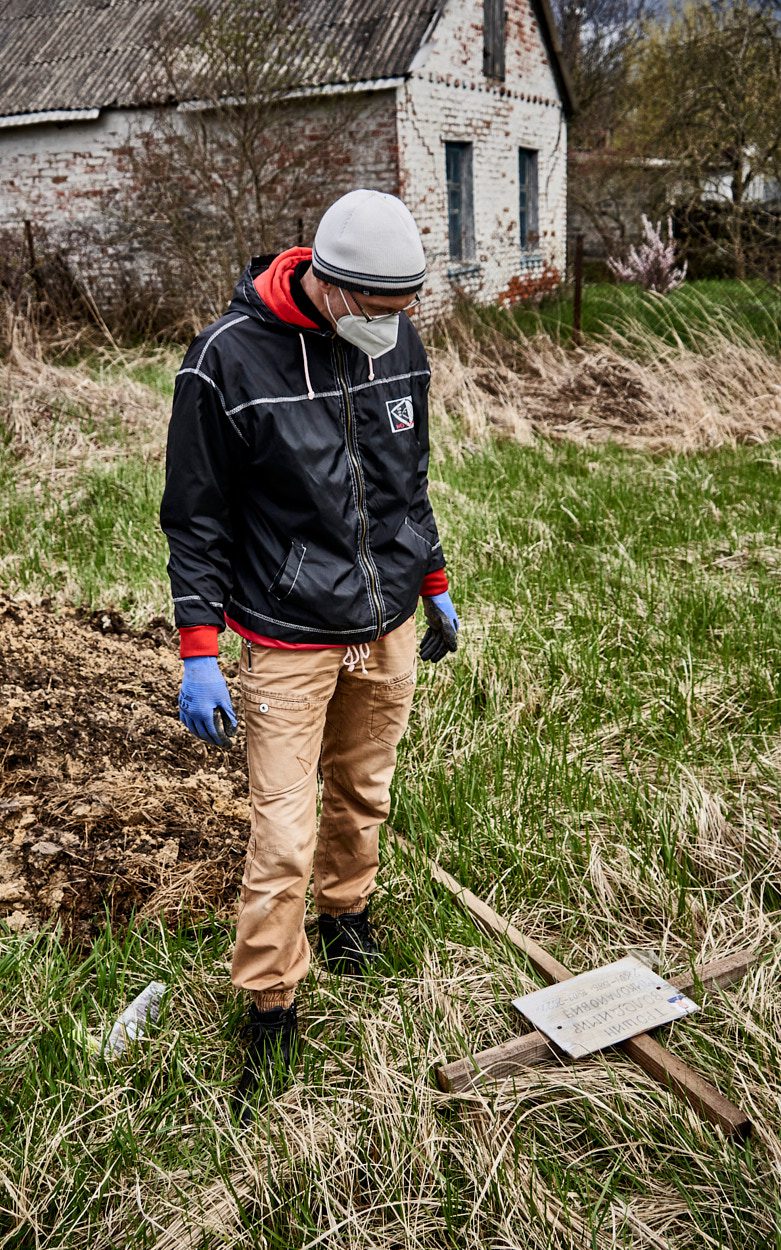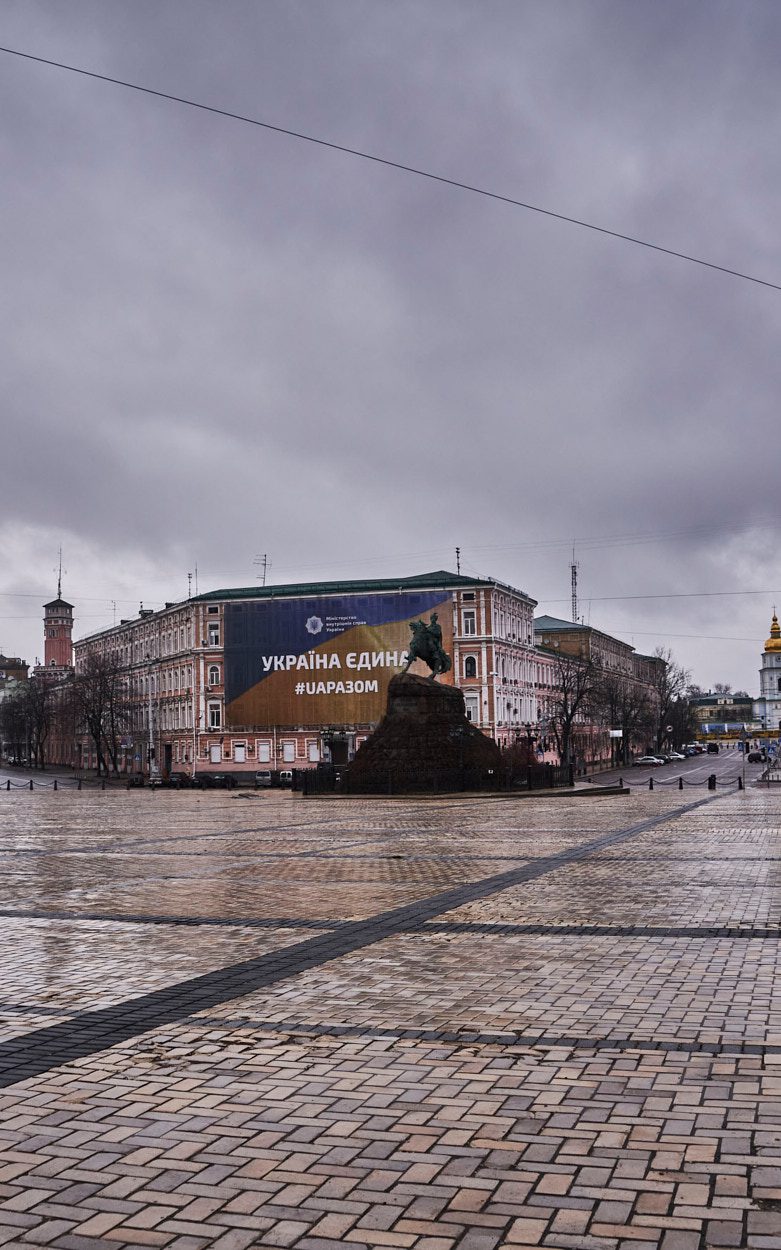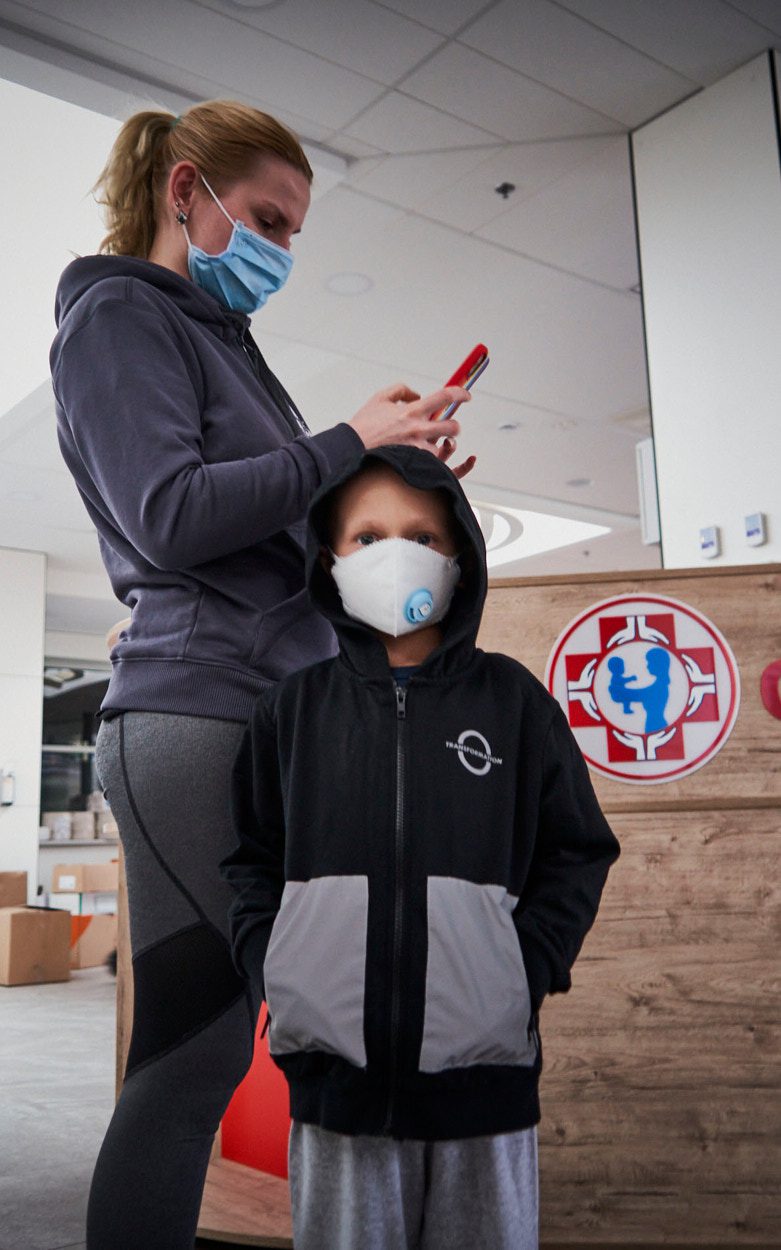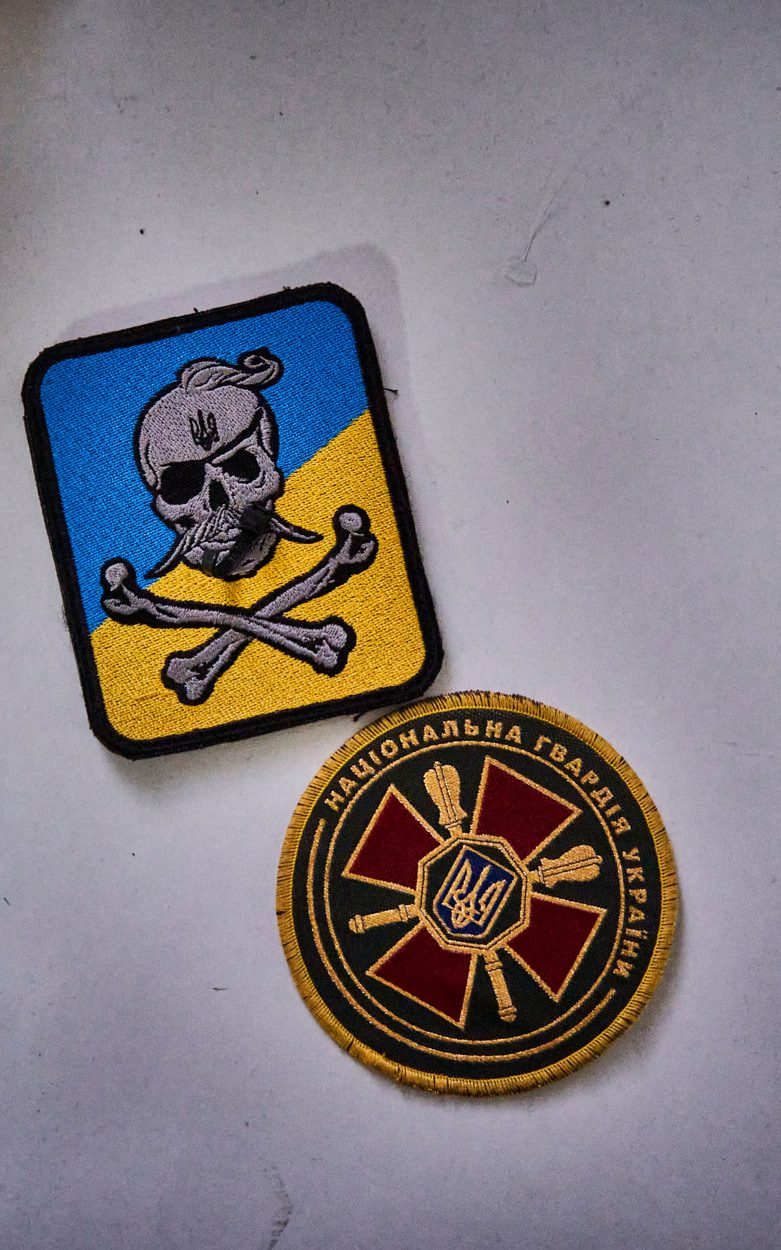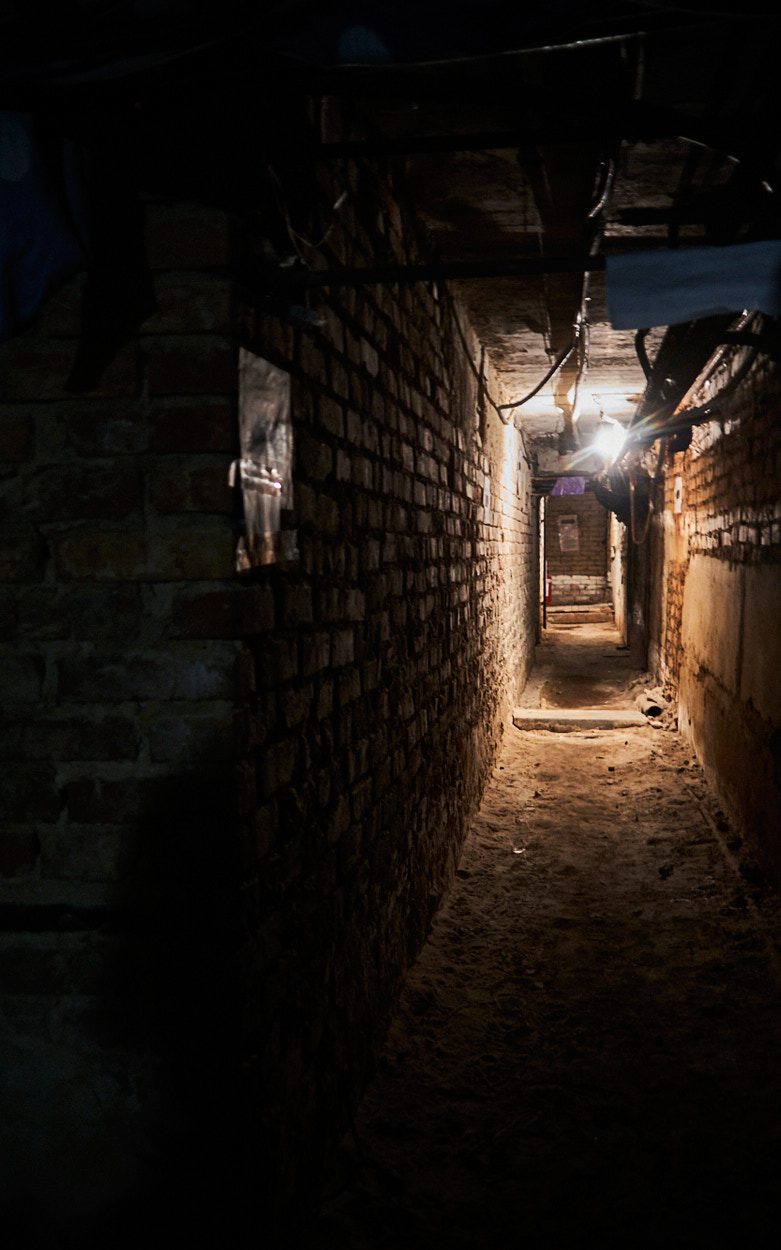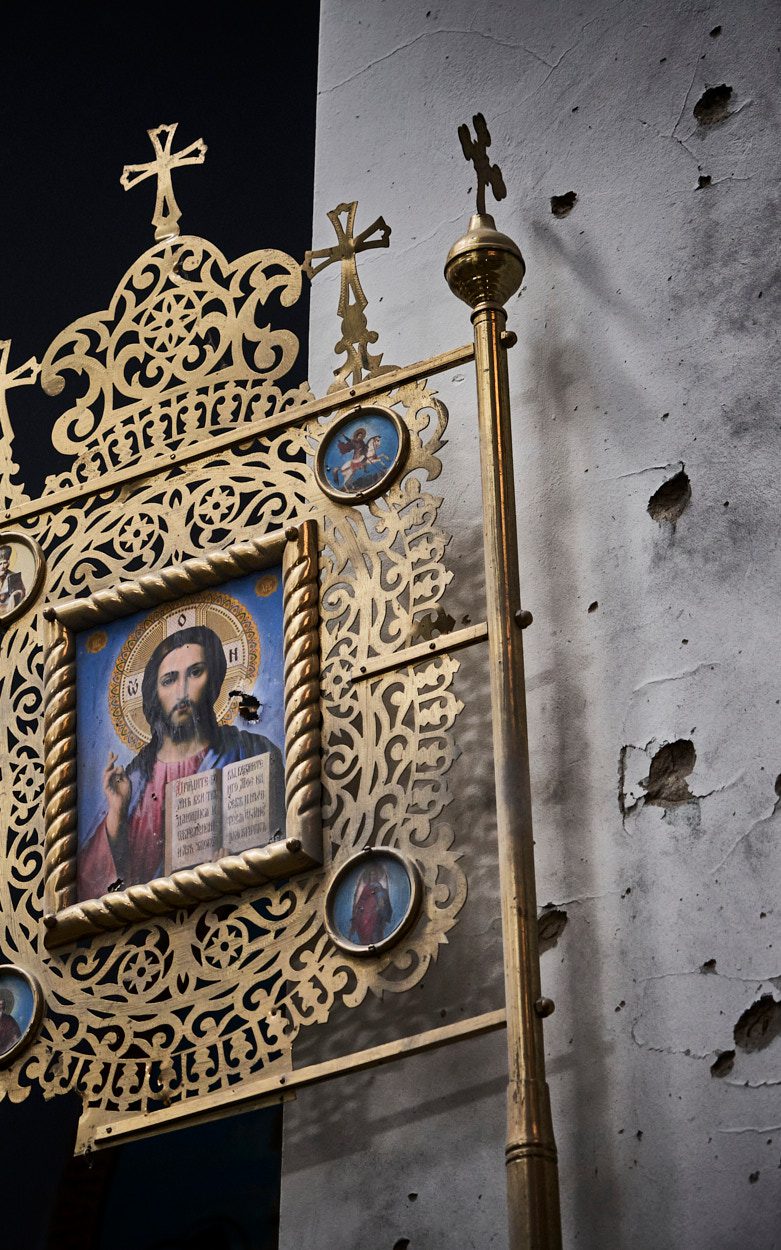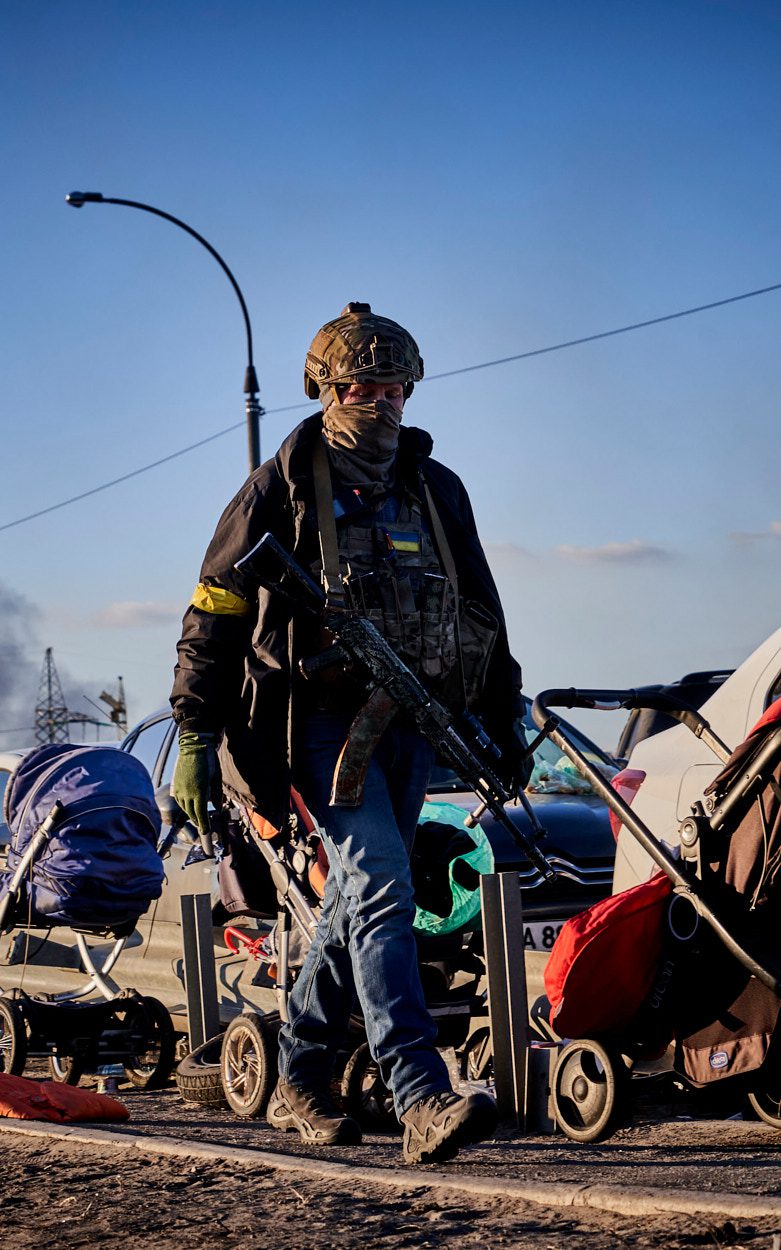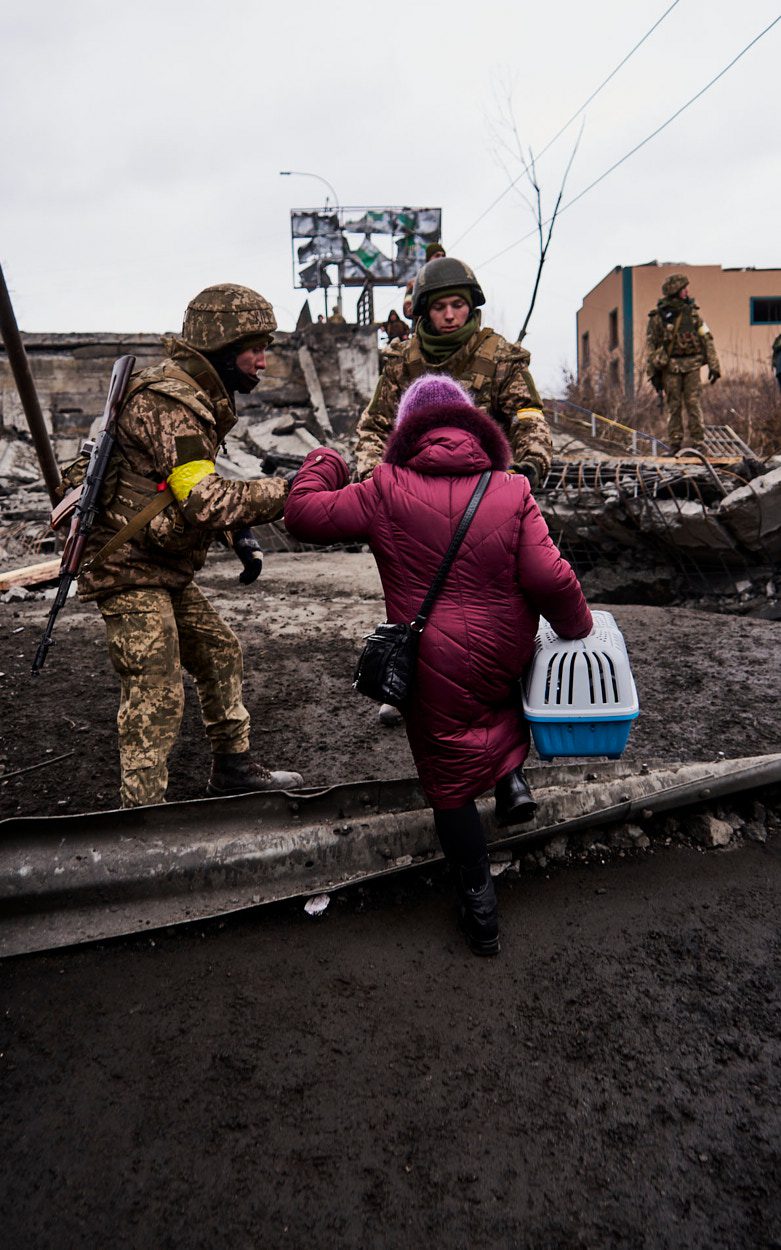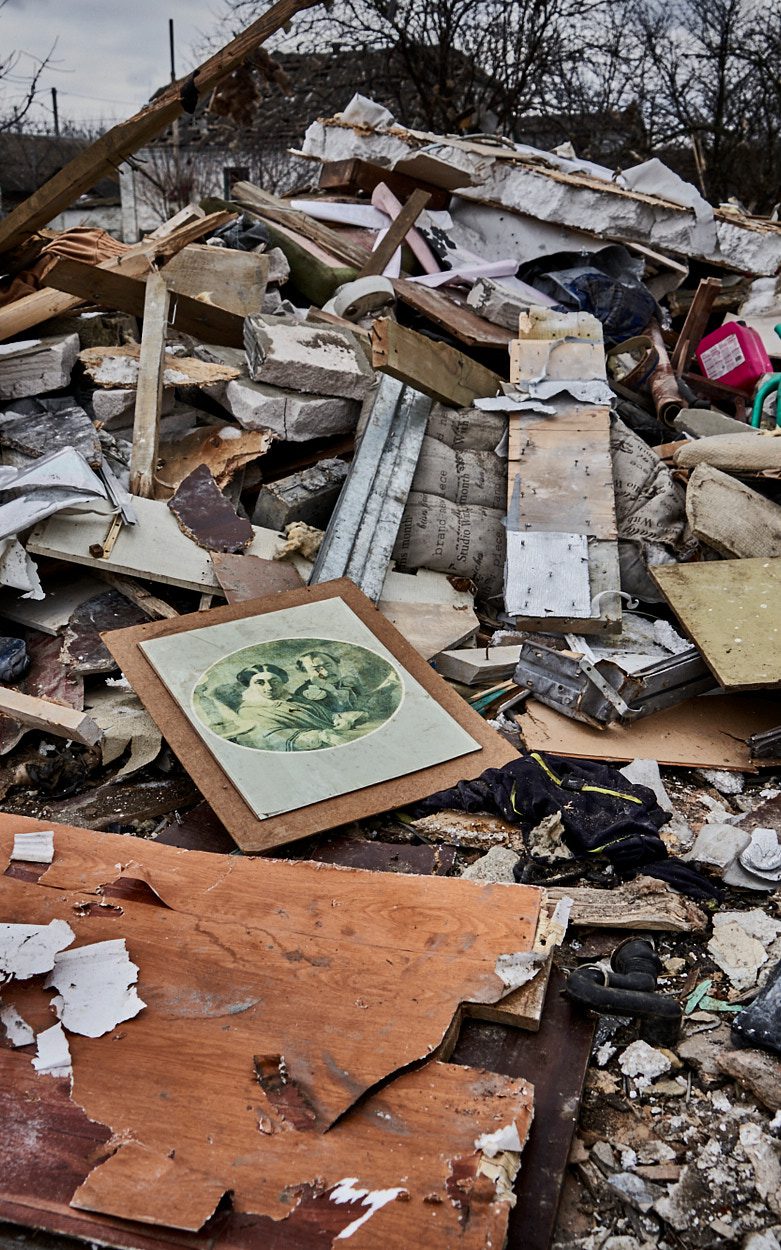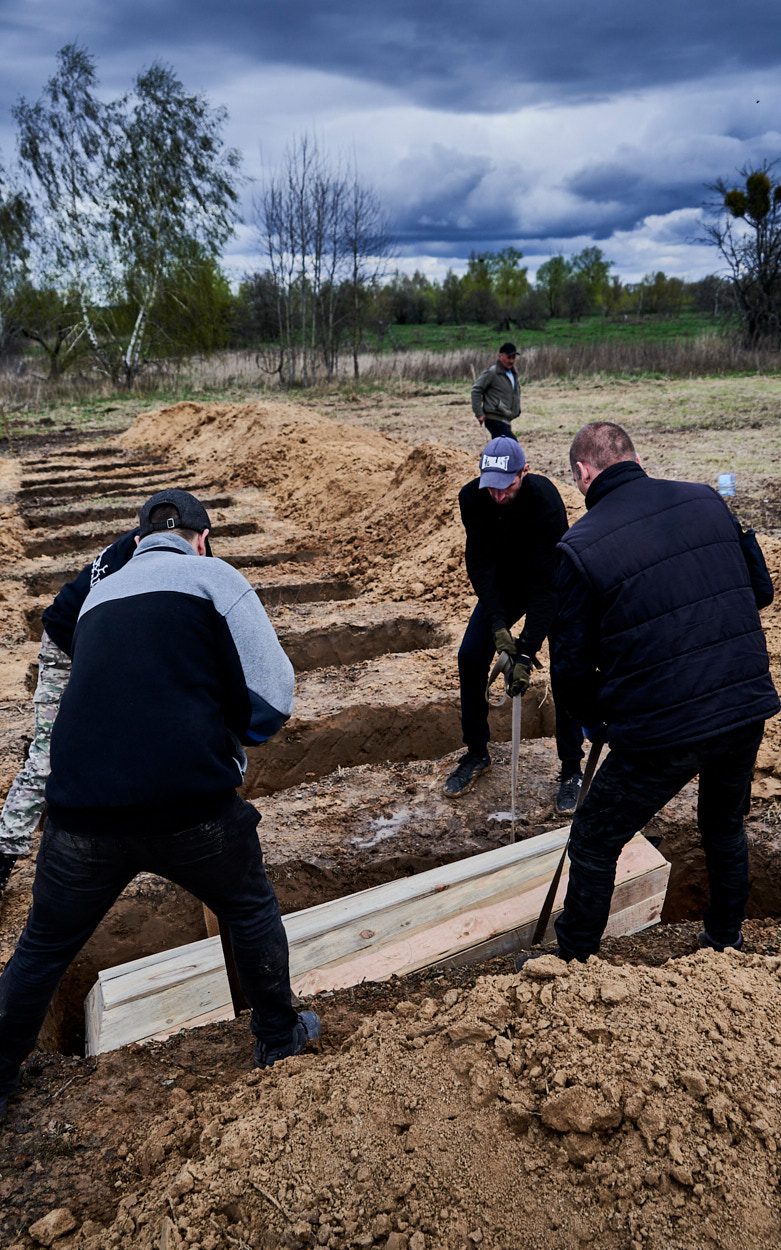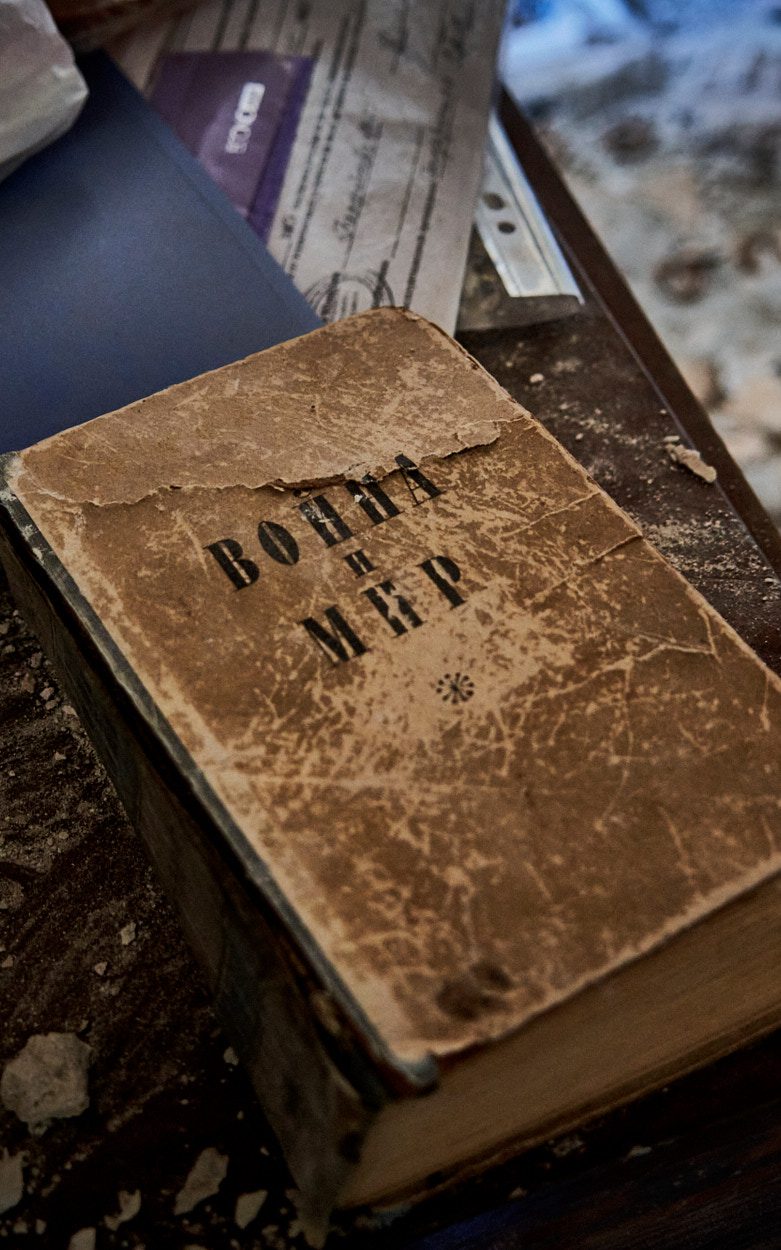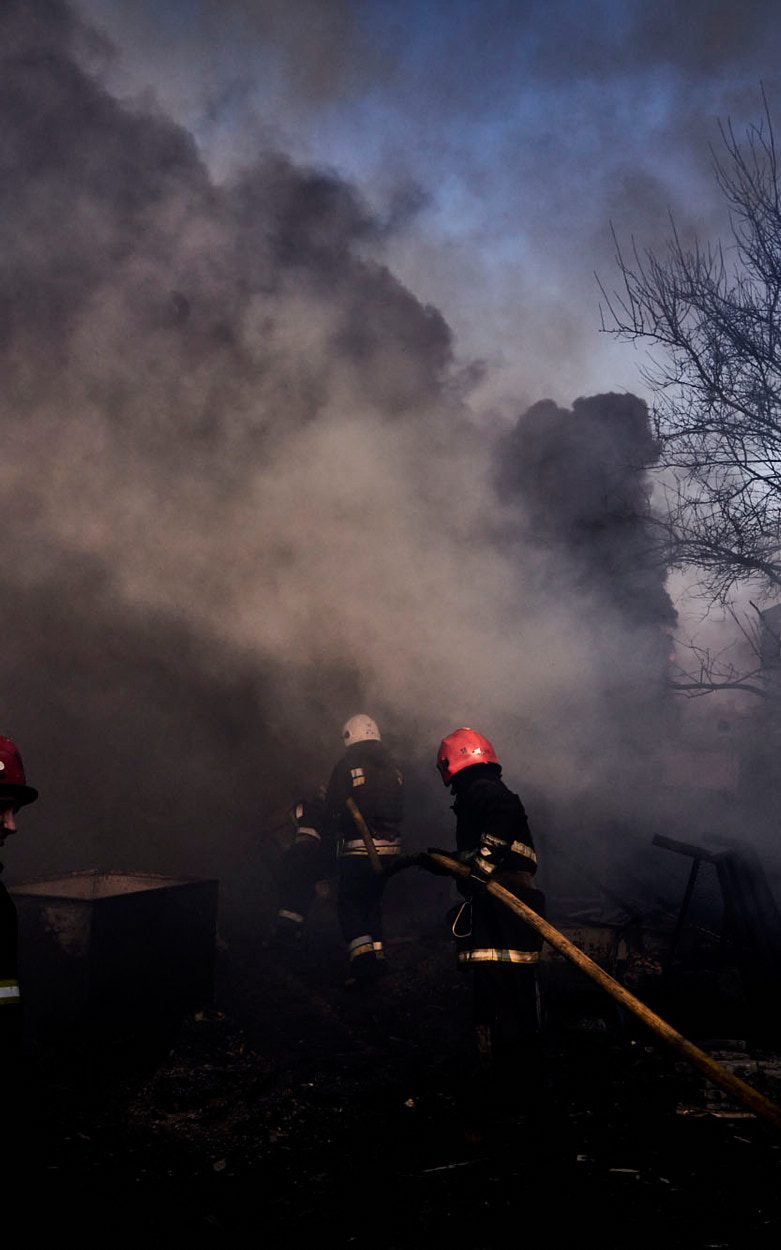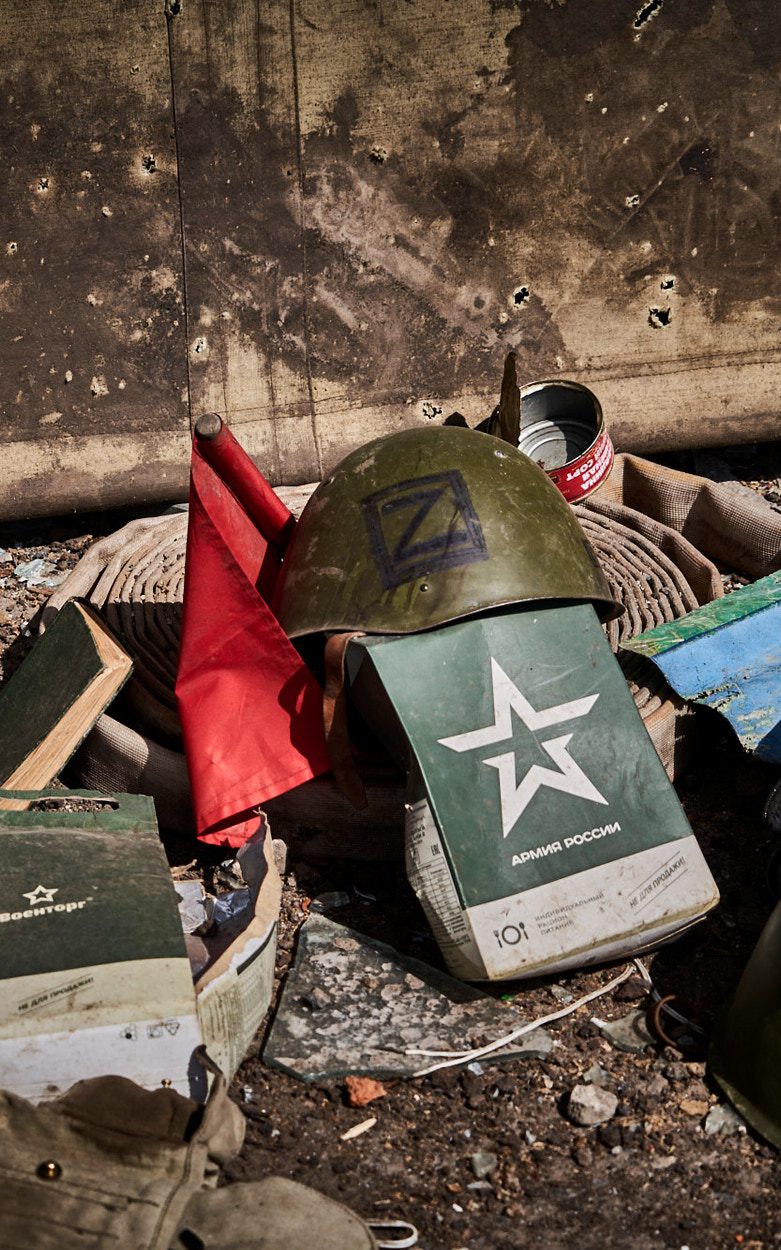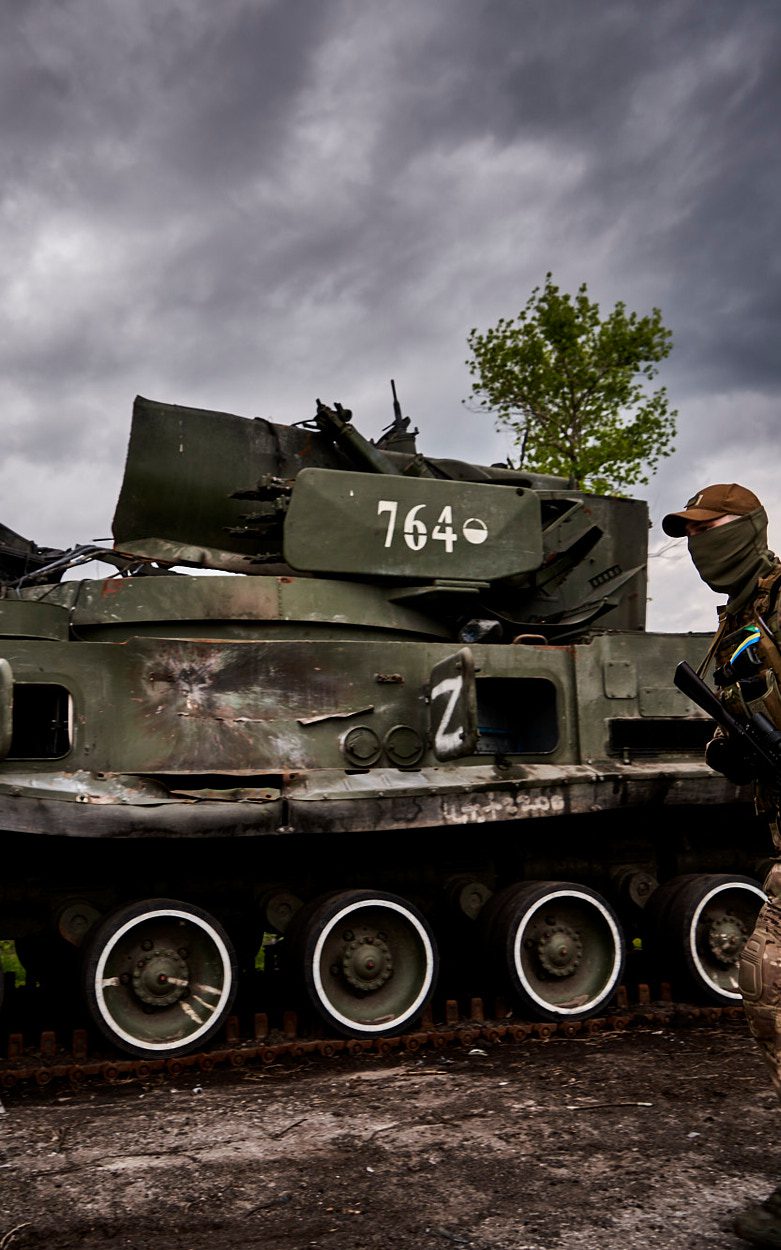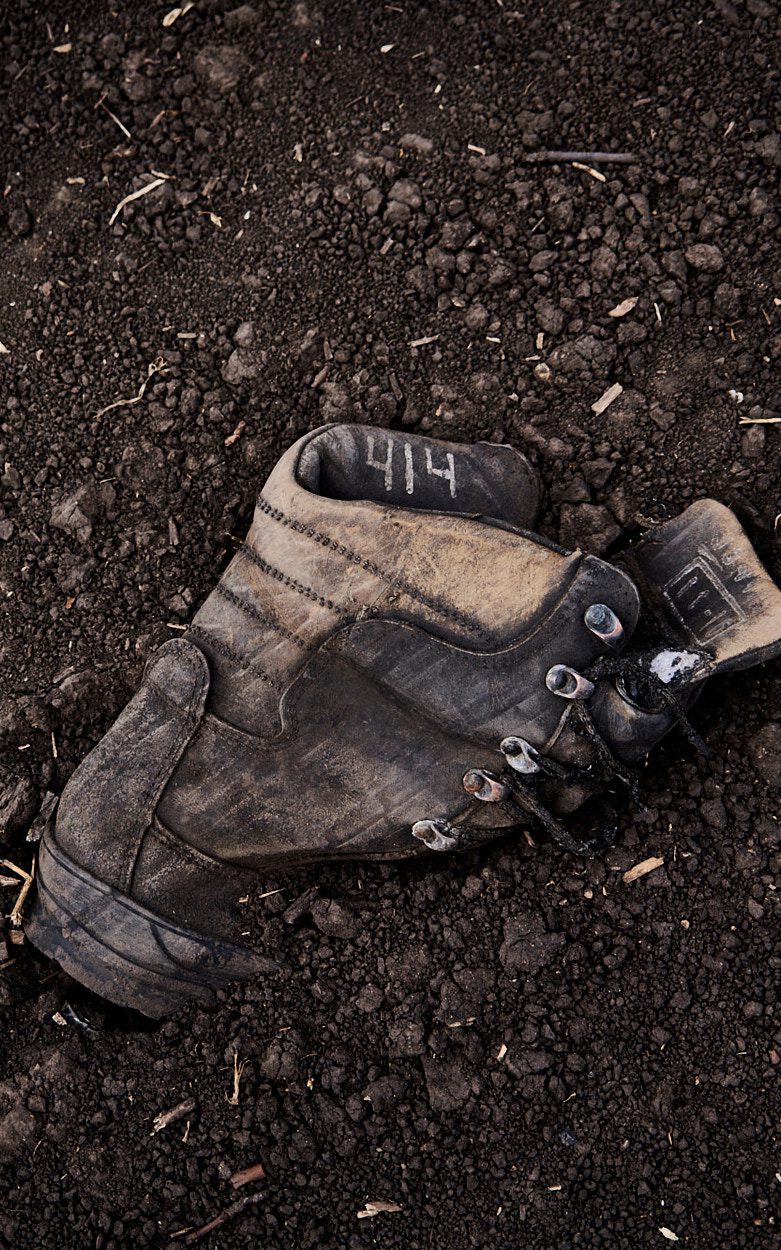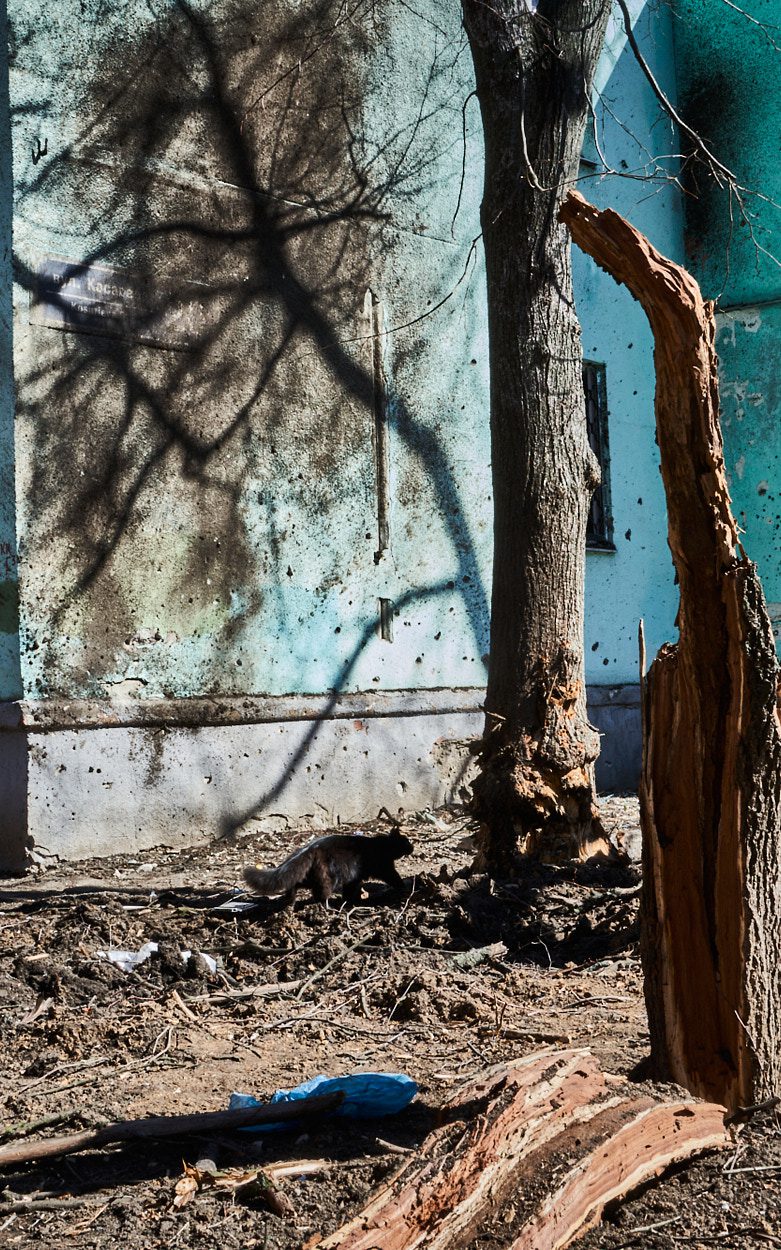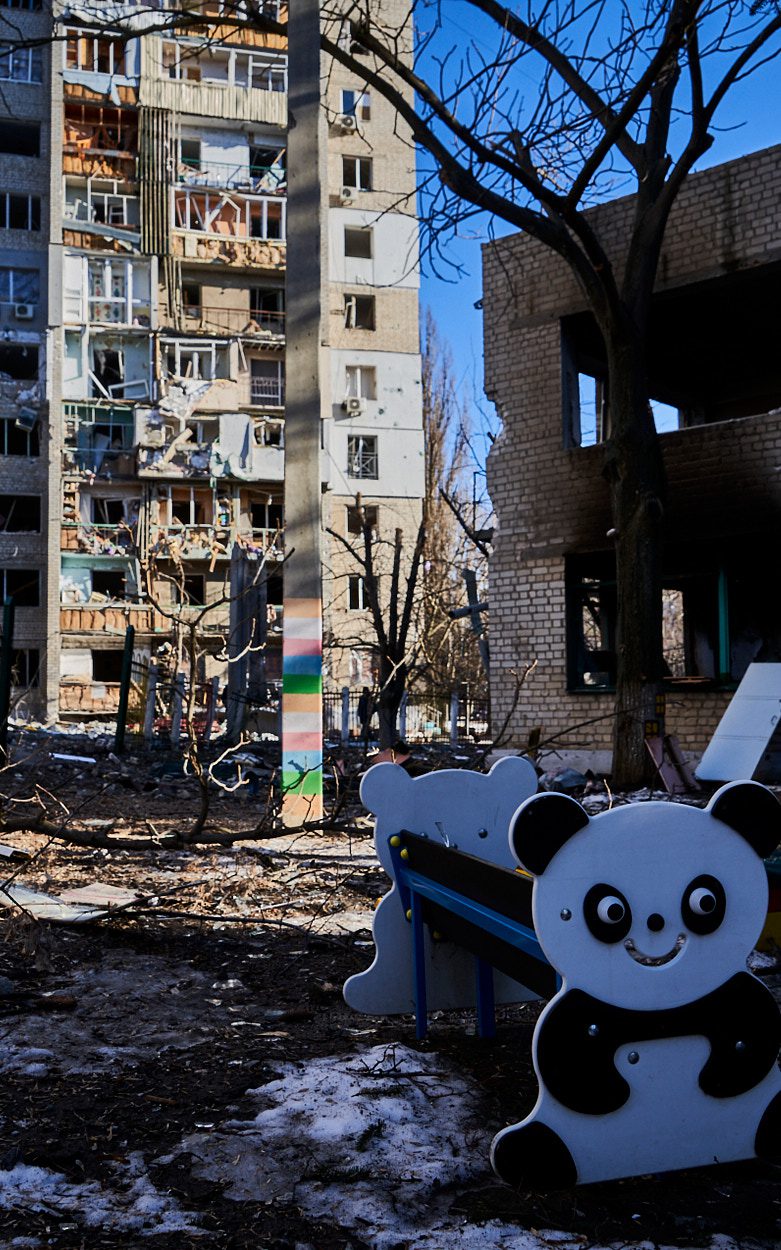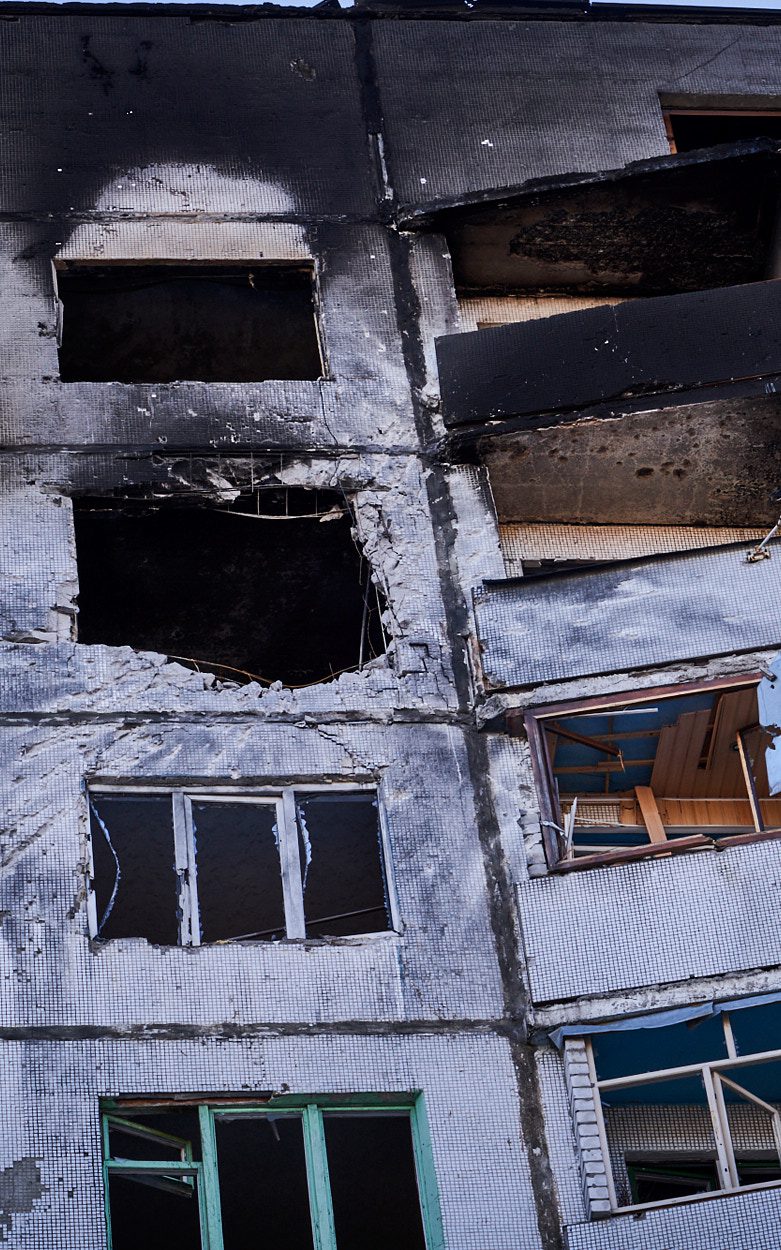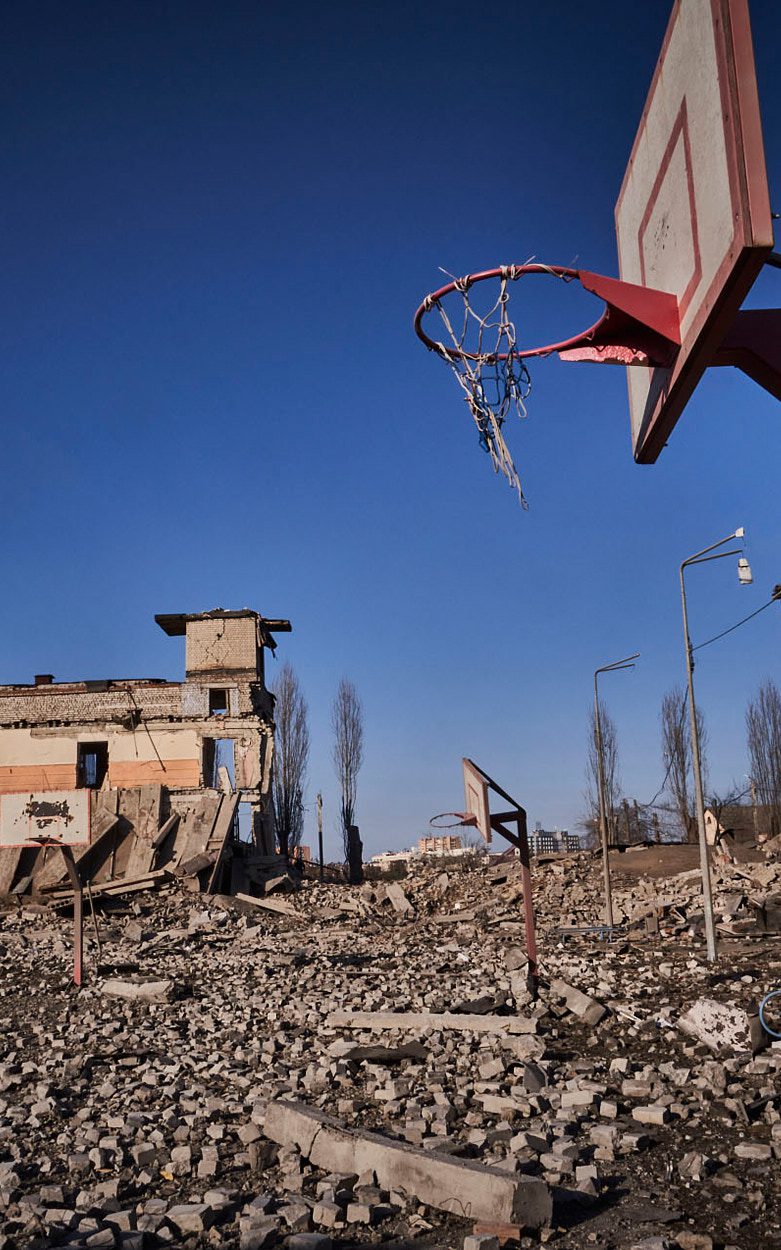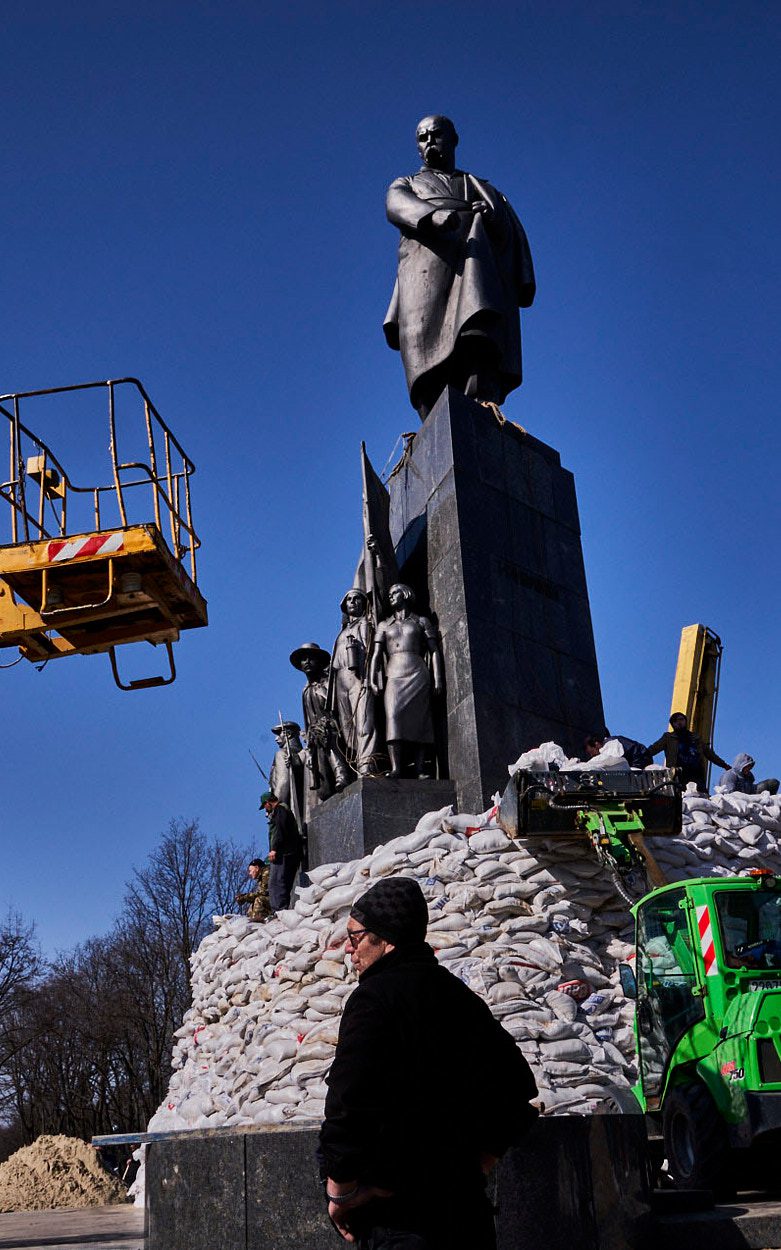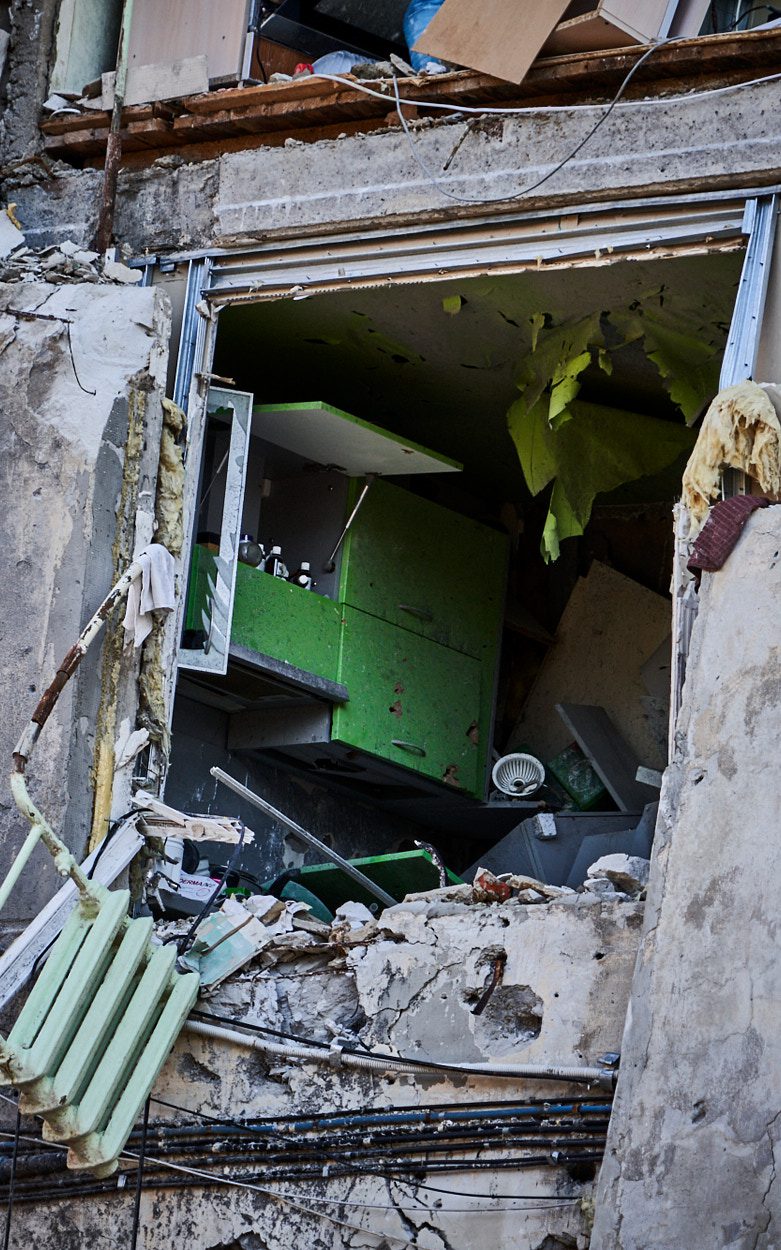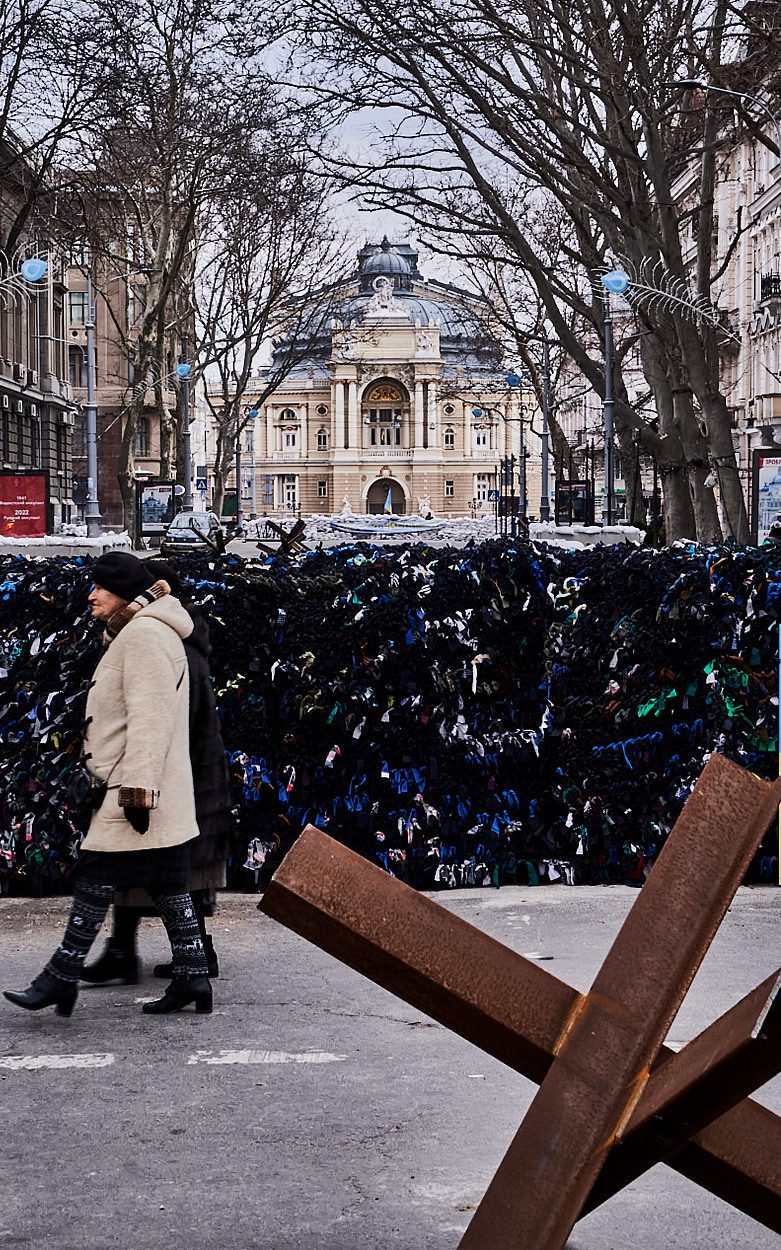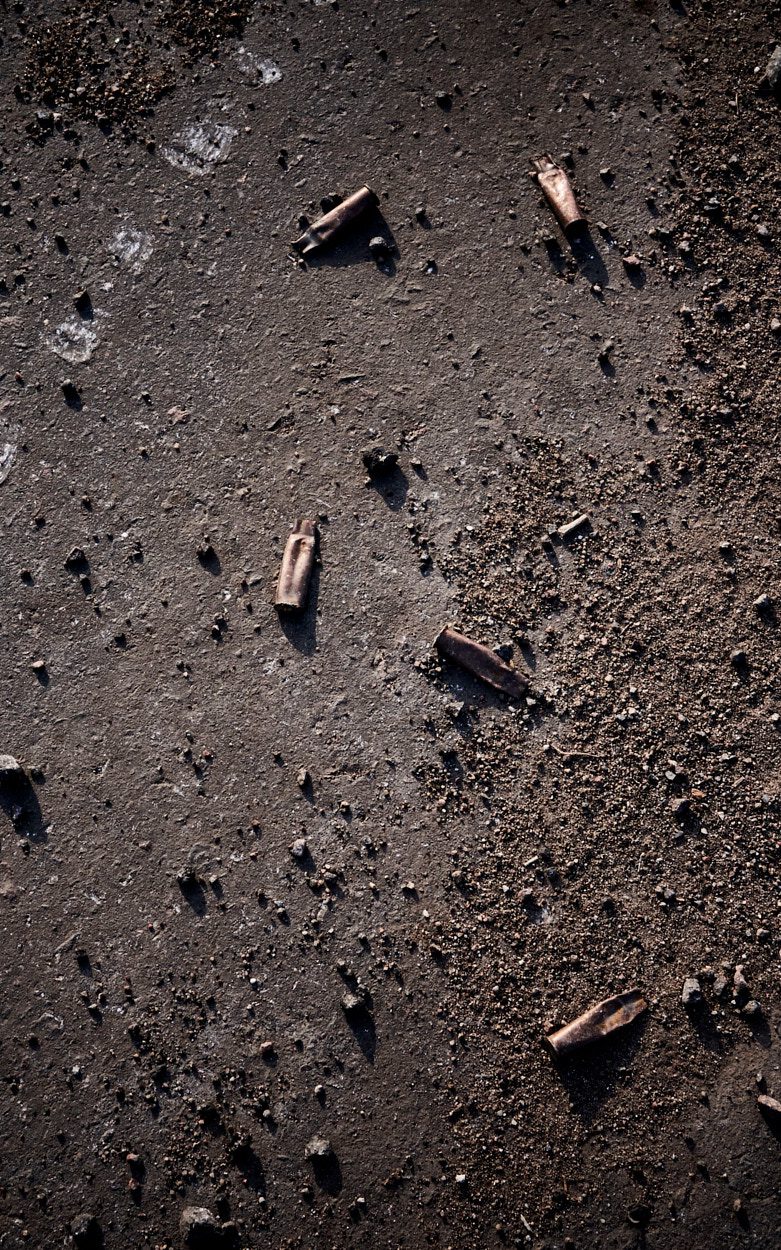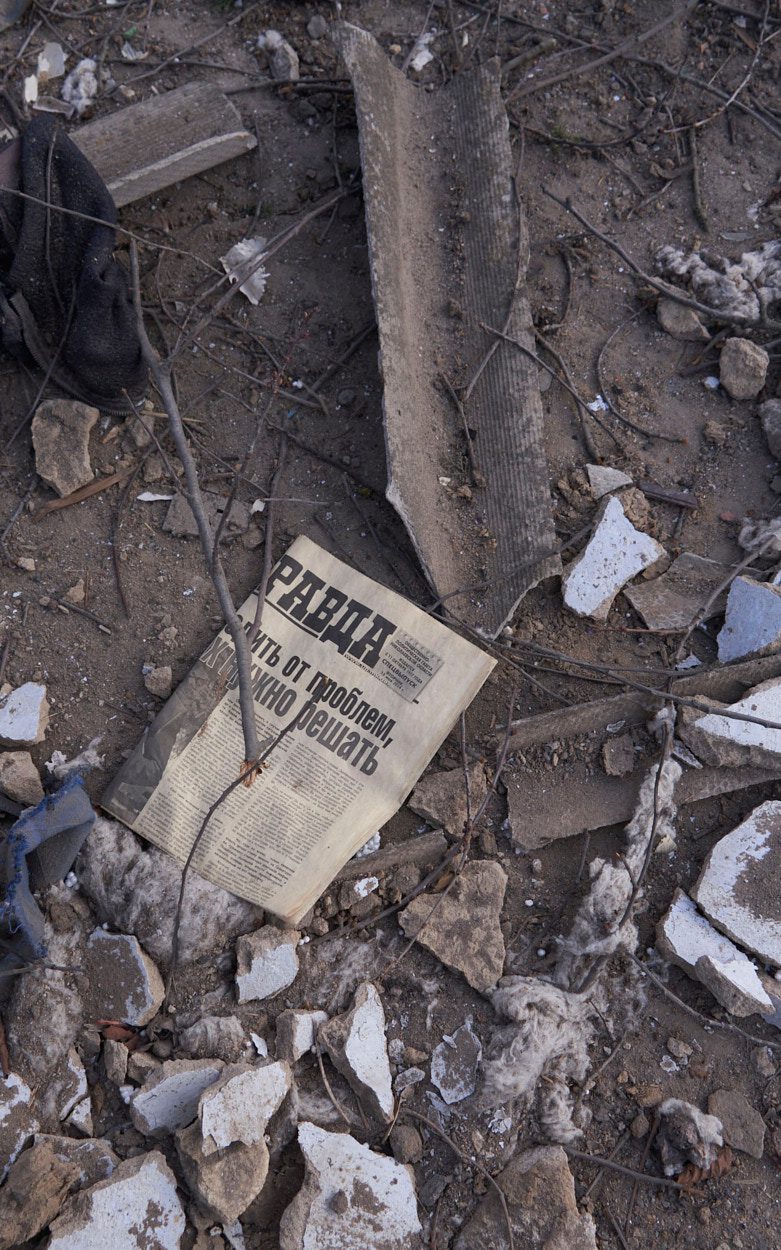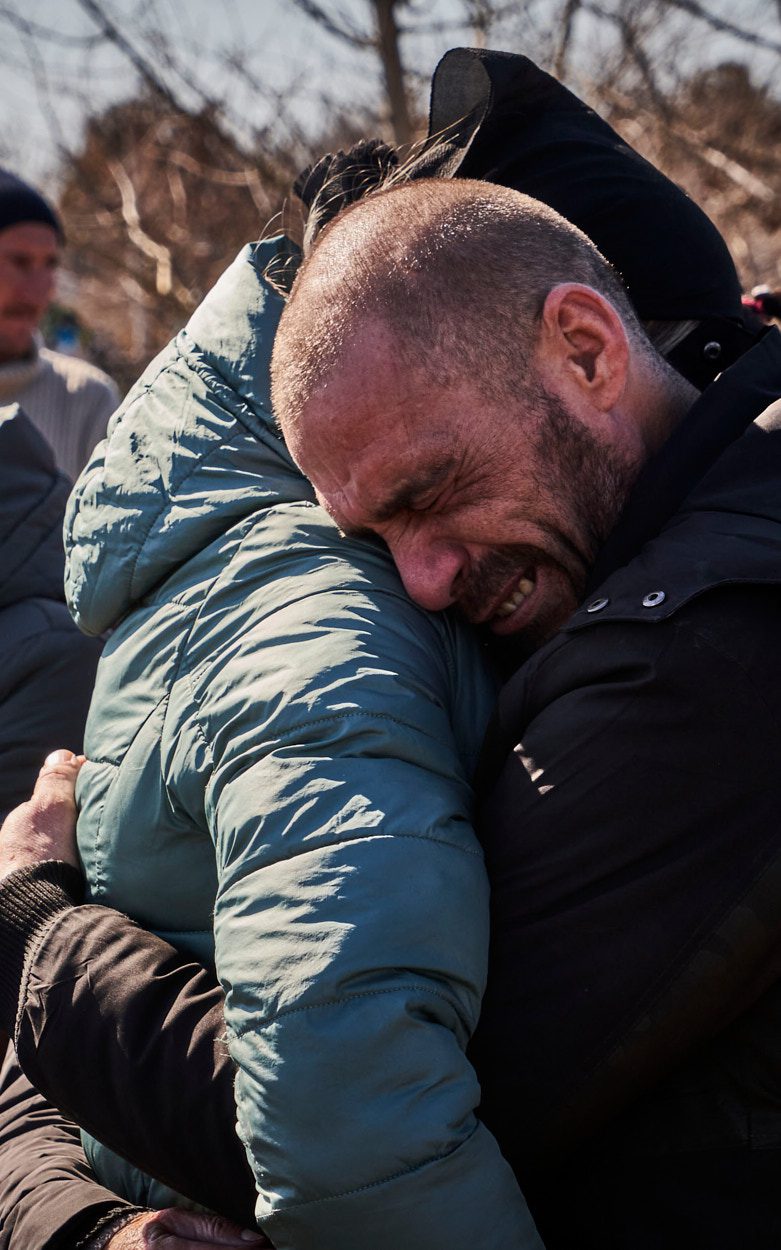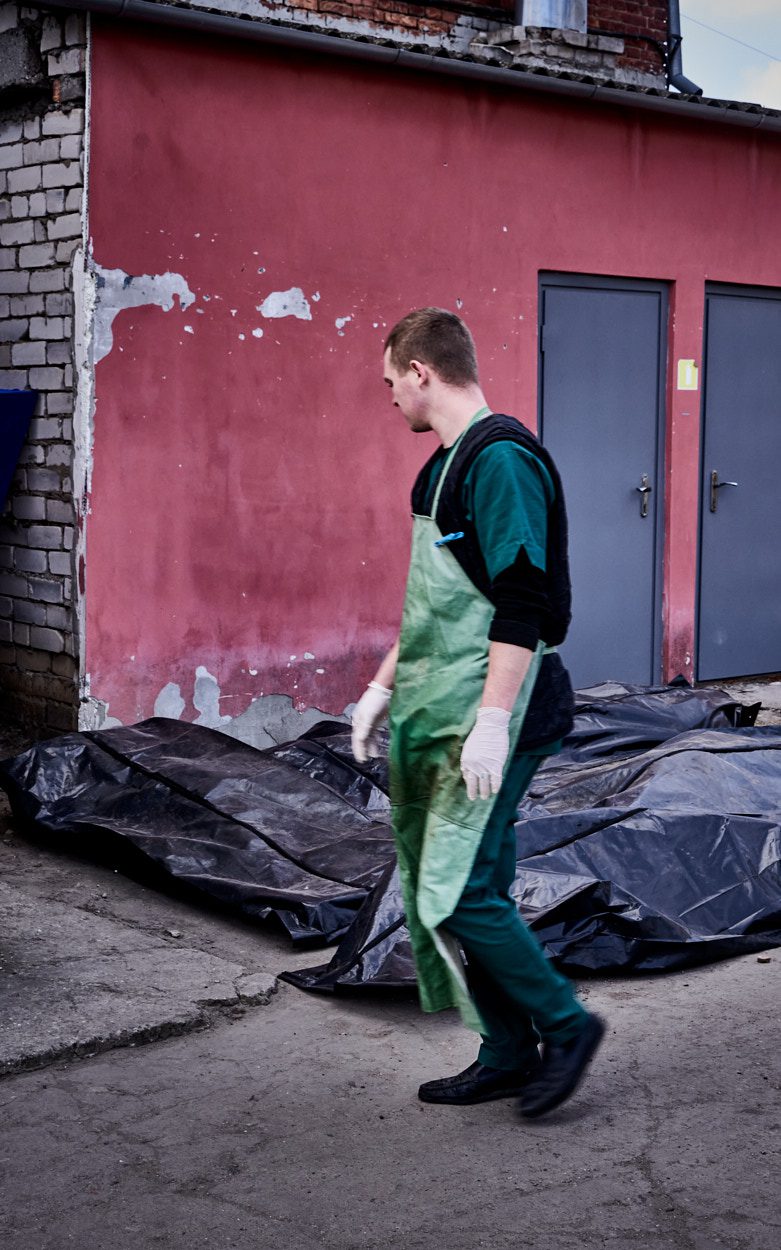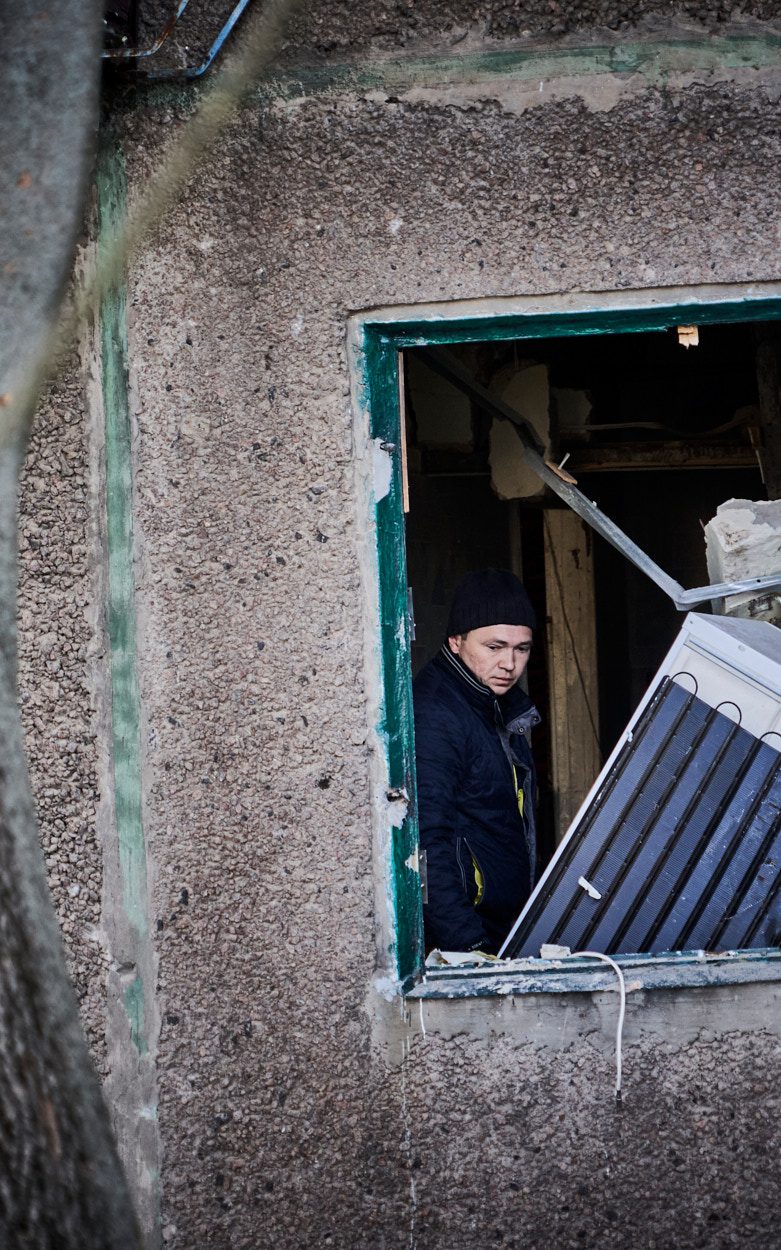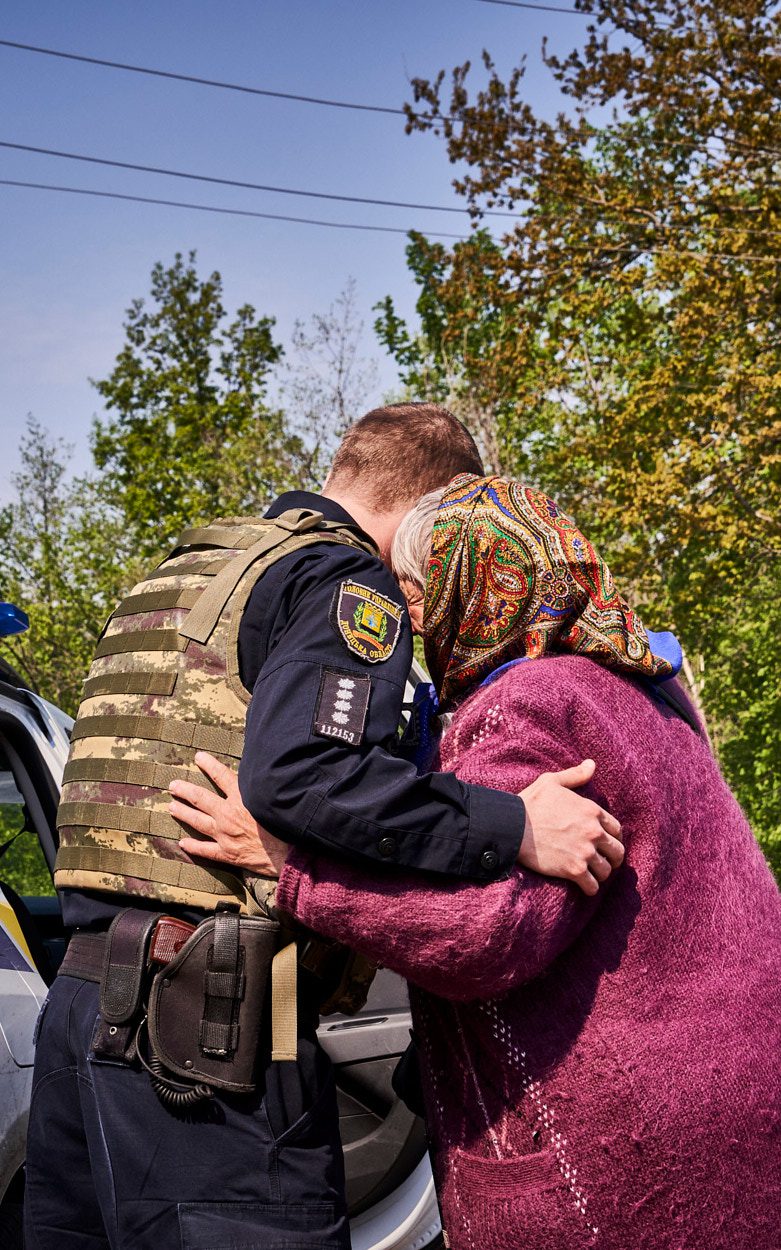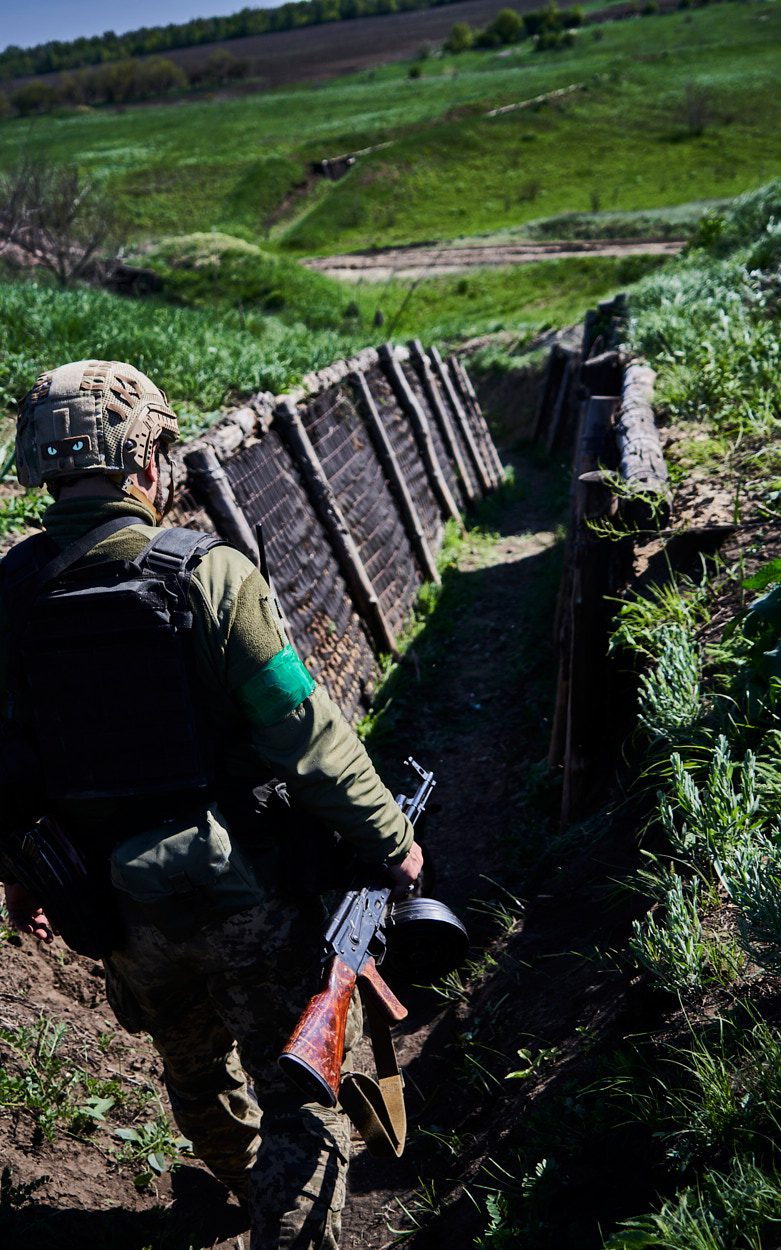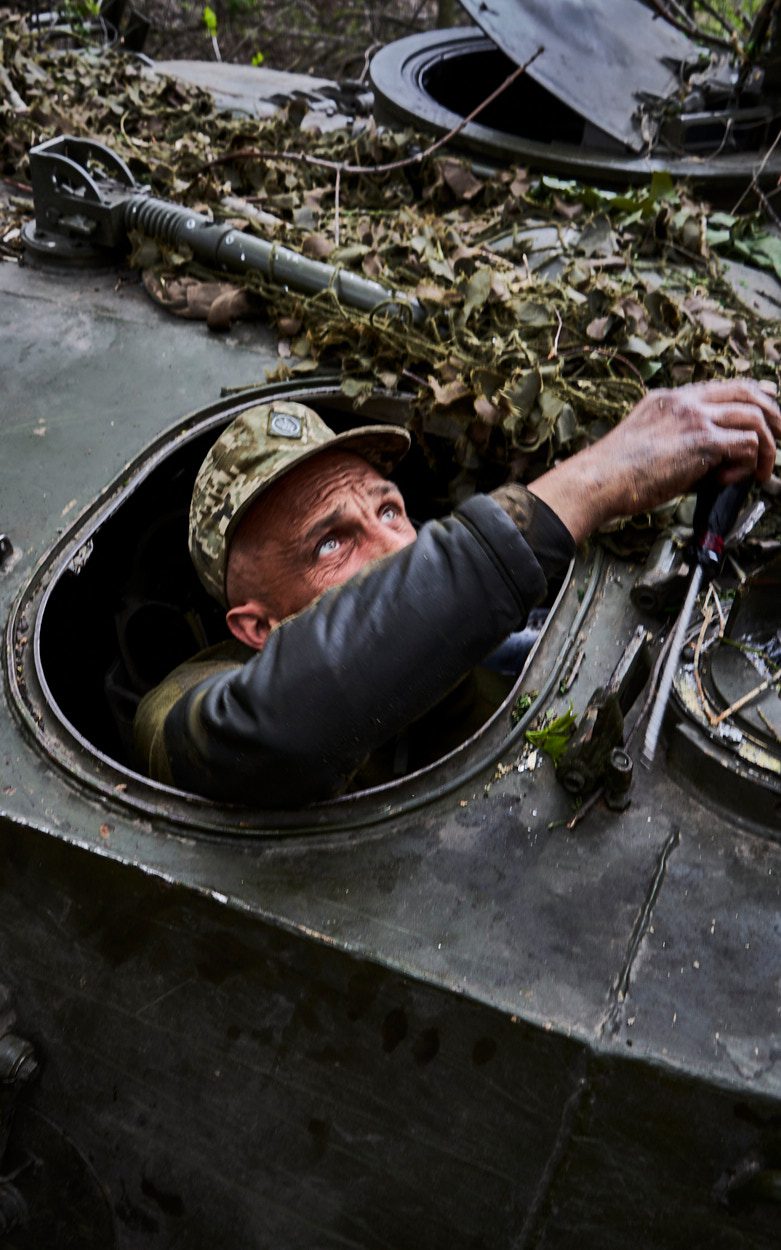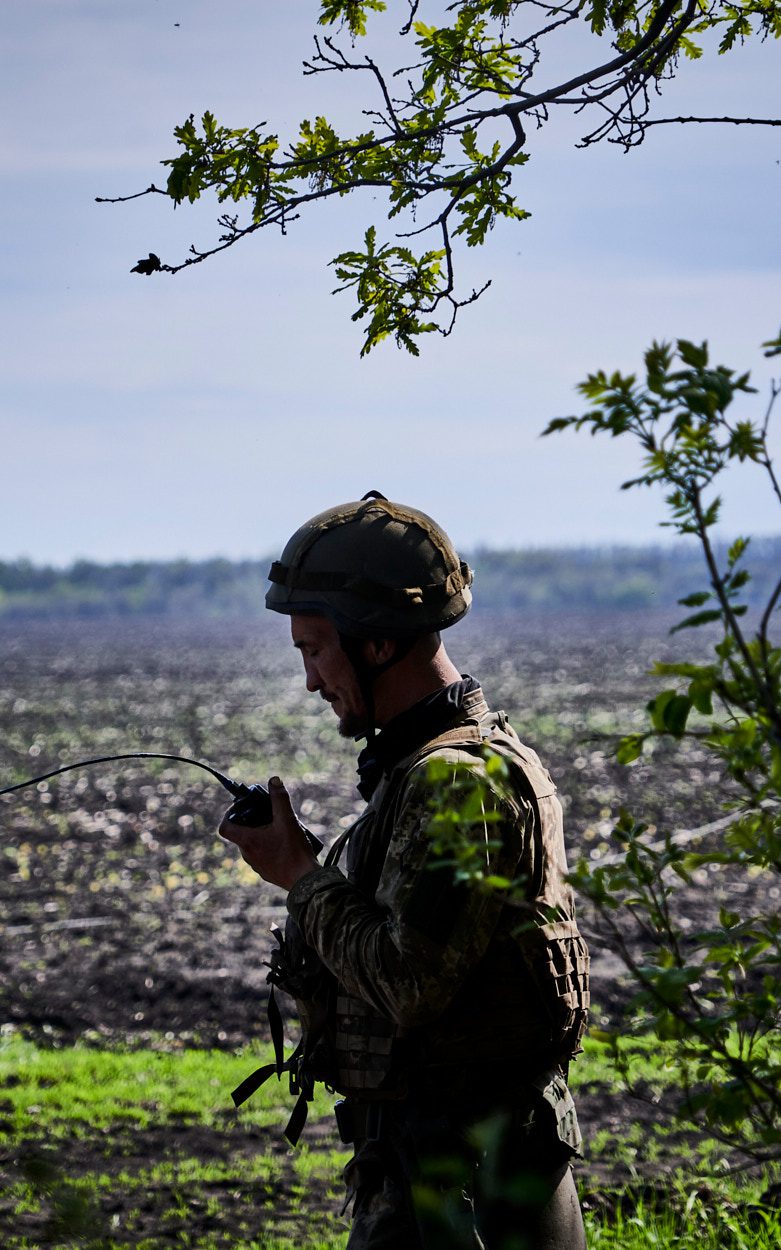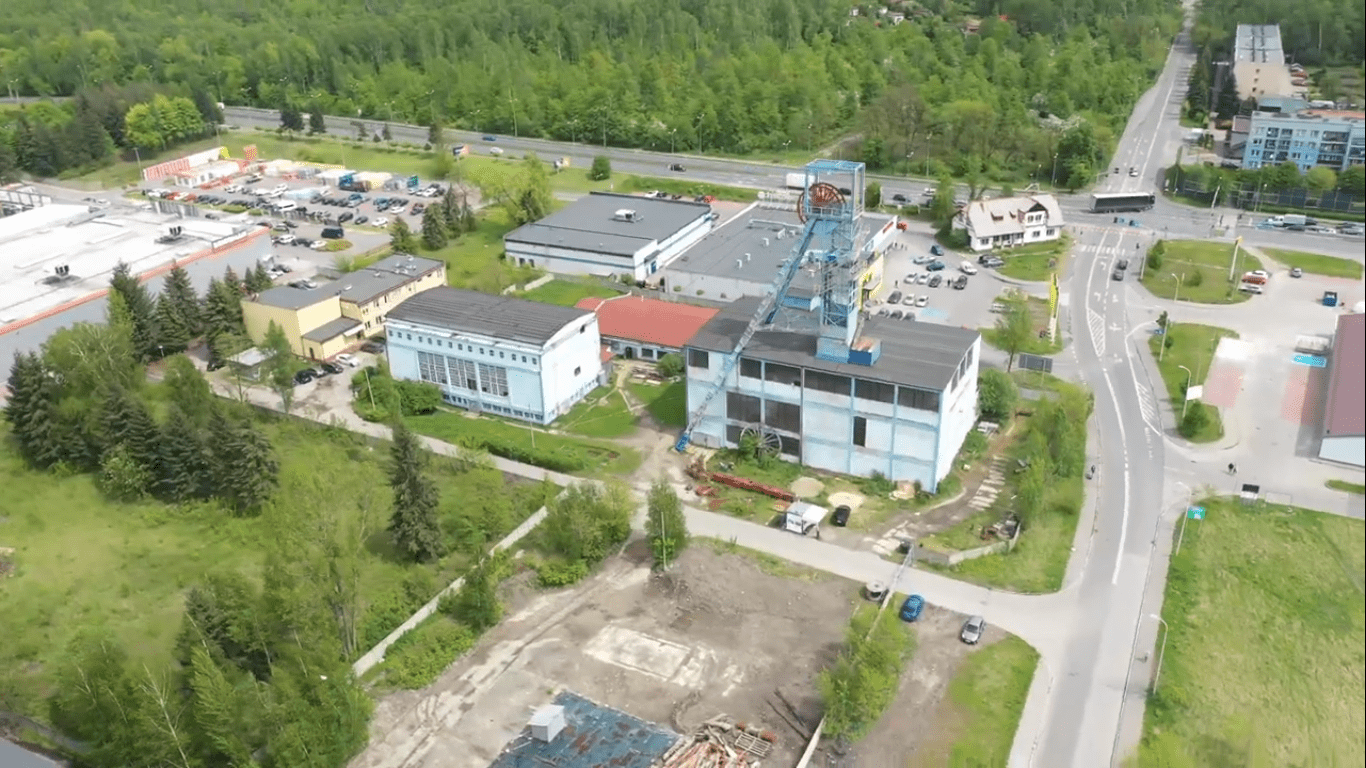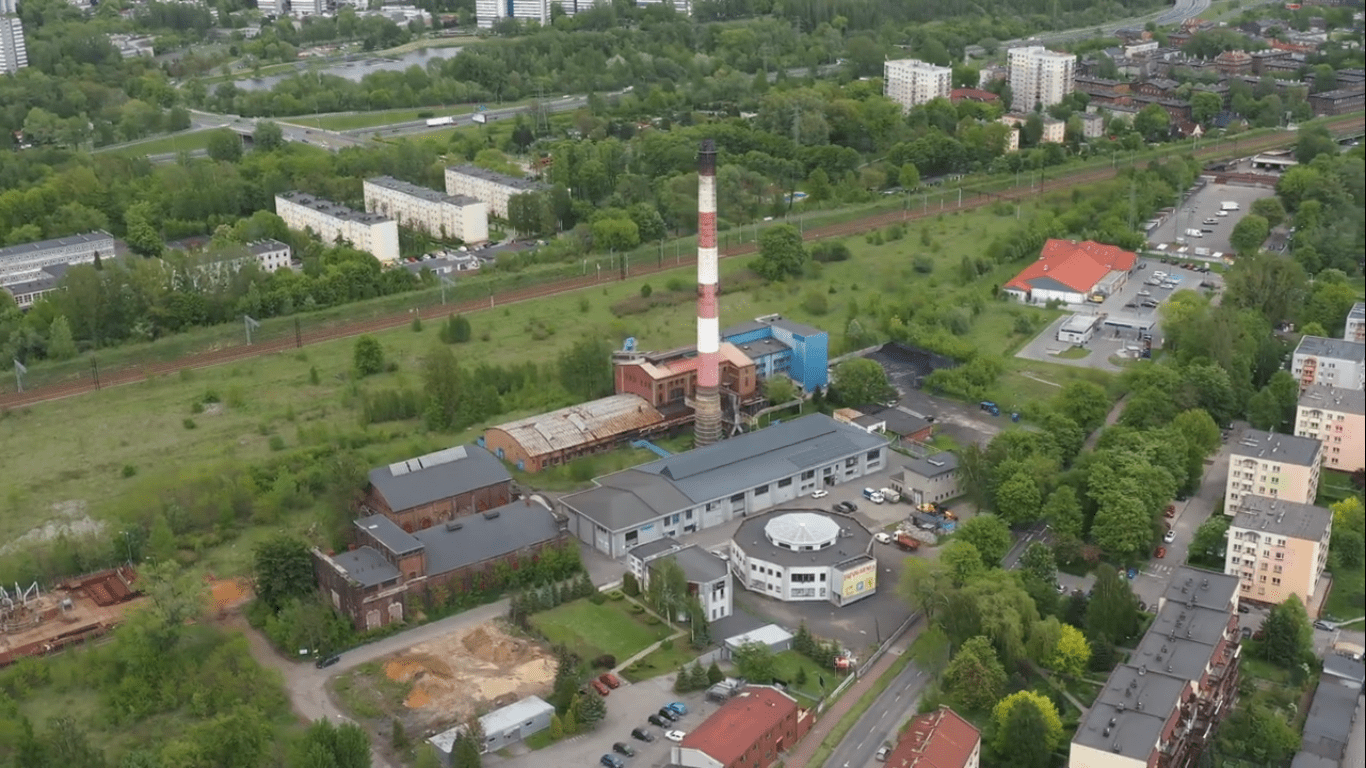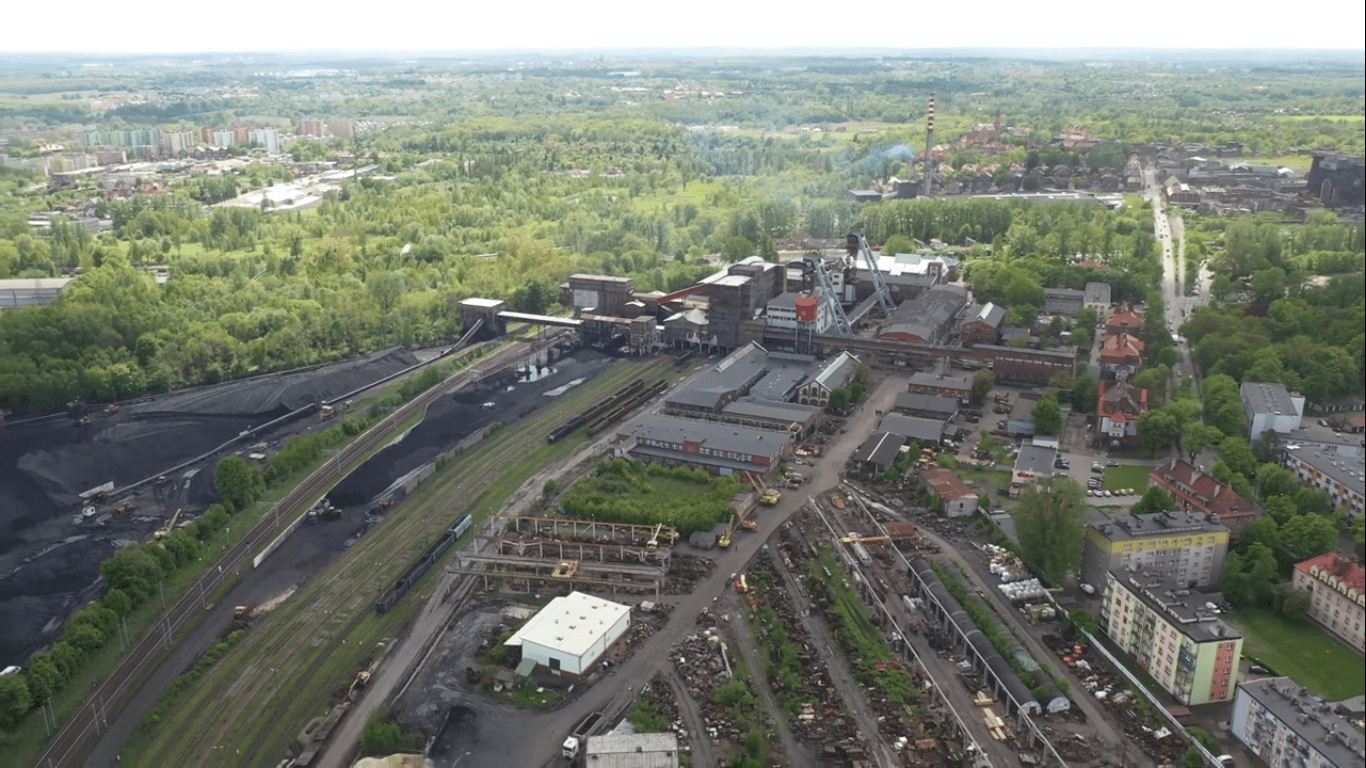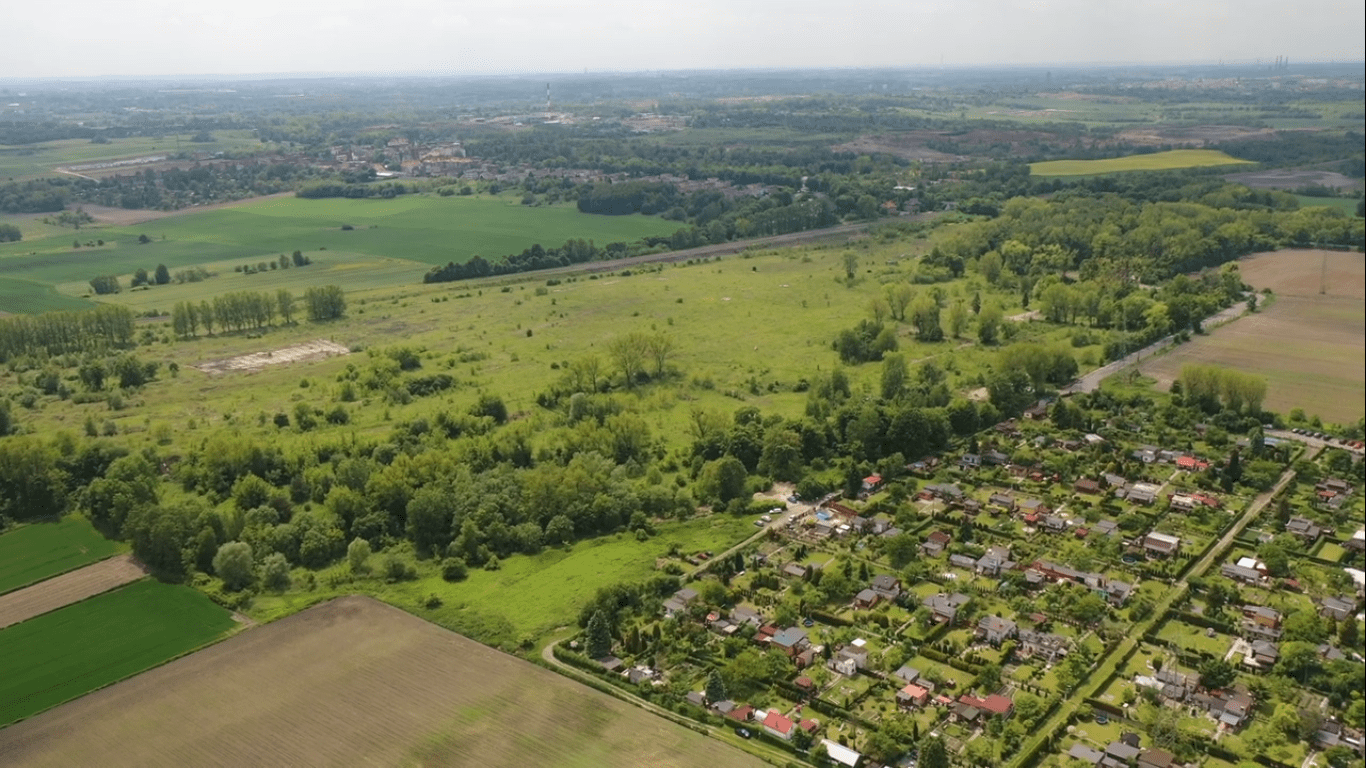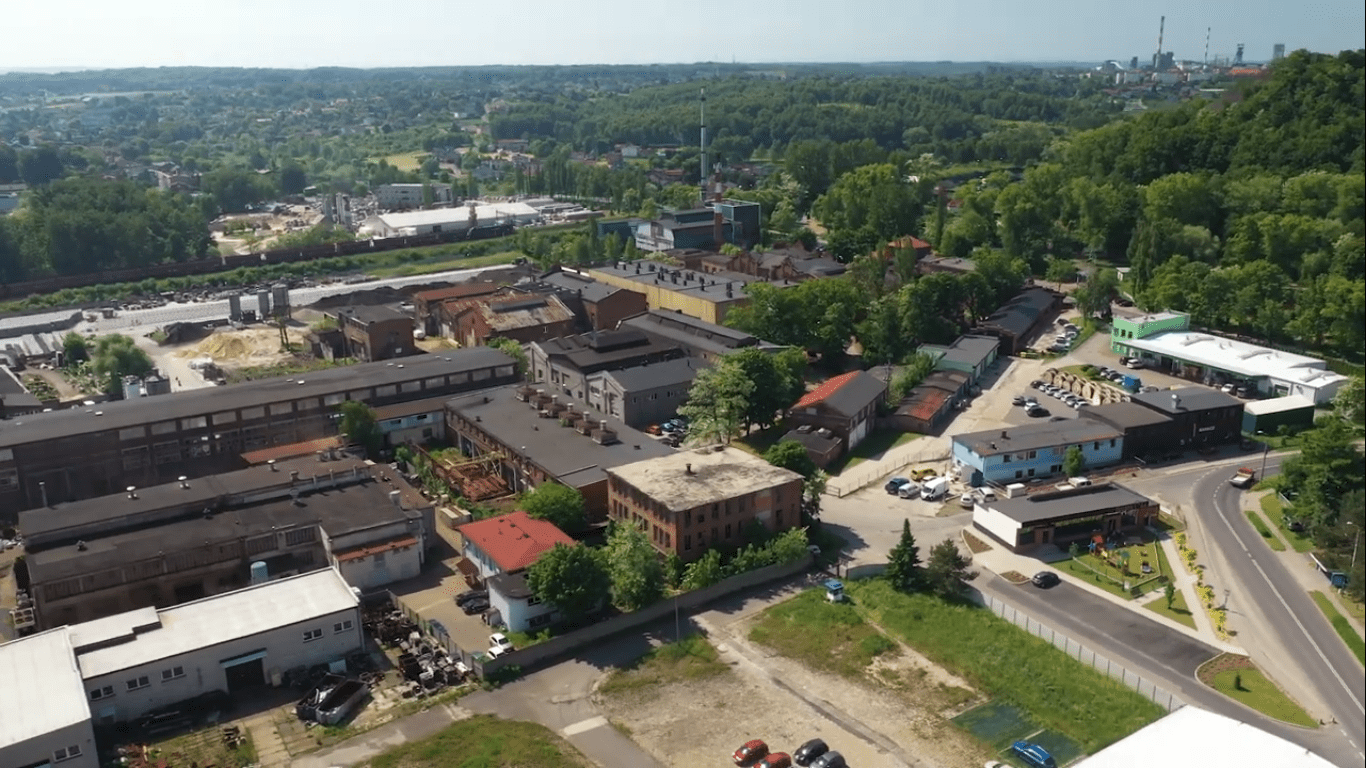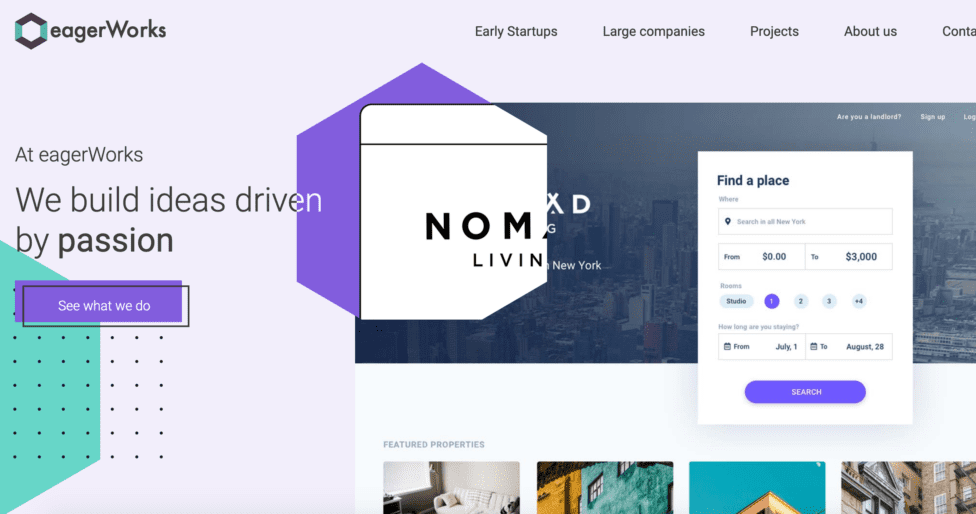
In Uruguay, a platform allows customers to pay for vouchers and use them in their favourite restaurants when the lockdown ends
Rodrigo Martinez, 29, a chief commercial officer of a software company EagerWorks explained to Outriders why they launched “Lo de siempre” (meaning “as usual” in Spanish). After 45 days of campaigning, restaurants in Uruguay have started to open and have finished the project. They have sold about 700 vouchers in total these days.

When and why did you decide to develop a voucher platform that allowed customers to pay now and use later in their favourite restaurants?
We were going to launch a food tech app in March, we had it ready, but Covid-19 appeared. So instead of sitting back and waiting for restaurants to open, which was a big bummer, we started brainstorming ideas to help them struggle with the pandemic. Because they had a financial problem, we thought in terms of financial solutions, and that’s how we came up with lodesiempre.uy.
How many people are there behind the idea?
We were three members of EagerWorks, two partners of the food tech app, and we also had the help of 2 community managers.
How did you get to know both consumers and restaurants about the initiative?
We worked nonstop for 48 hours and launched the first solidary project in Uruguay, due to Covid-19. It was a significant factor in having lots of press – TV, radio and newspapers. What we also did was give graphic material for the restaurants to upload into their Instagram accounts. Our materials were 80% organic.

Tell us about the impact. How many vouchers have you sold and how many restaurants participated?
We had more than 90 restaurants in Montevideo, and we sold more than 700 vouchers. The fact is that the restaurants were the best to communicate their appearance on our site and the ones to sell more.
Did the project need some financing for the platform or promotion? And if so, how did you get it?
We didn’t need any financial support because EagerWorks did the development. And because the timing was perfect, we had lots of promotion.
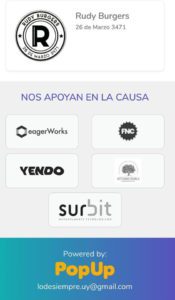
What are the main challenges you found to continue it?
When people stopped collaborating with the vouchers, that’s when we thought it was the right moment to end with the platform. We had communicated for 45 days to work with restaurants, and there was no point in insisting over and over, it didn’t feel right. We always knew this was financial help for restaurants for a particular scenario, and it was going to be a short but intensive ride.
Do you think that a similar initiative could be adopted in other places or countries?
If someone wants to do something similar, please don’t hesitate to write to us, we are glad to help. I guess for some countries it could work, but depending on the economic stability, inflation, etc. This financial tool has its risks, so it would be difficult for me to speak for all the markets. Buying something at lower prices for future consumption might be dangerous. Uruguay is a very stable country, and that’s why it worked here.



